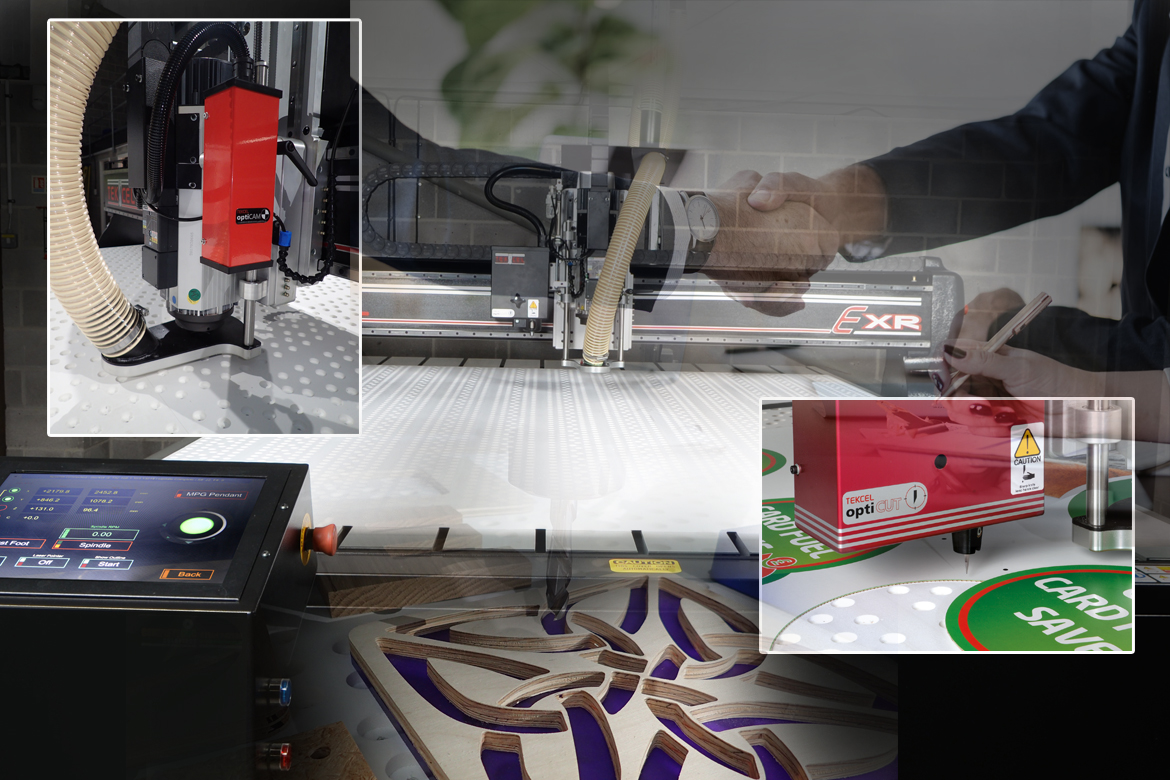CUSTOMER LOGIN
FAQ: What Tips Do You Have For Cutting MDF?
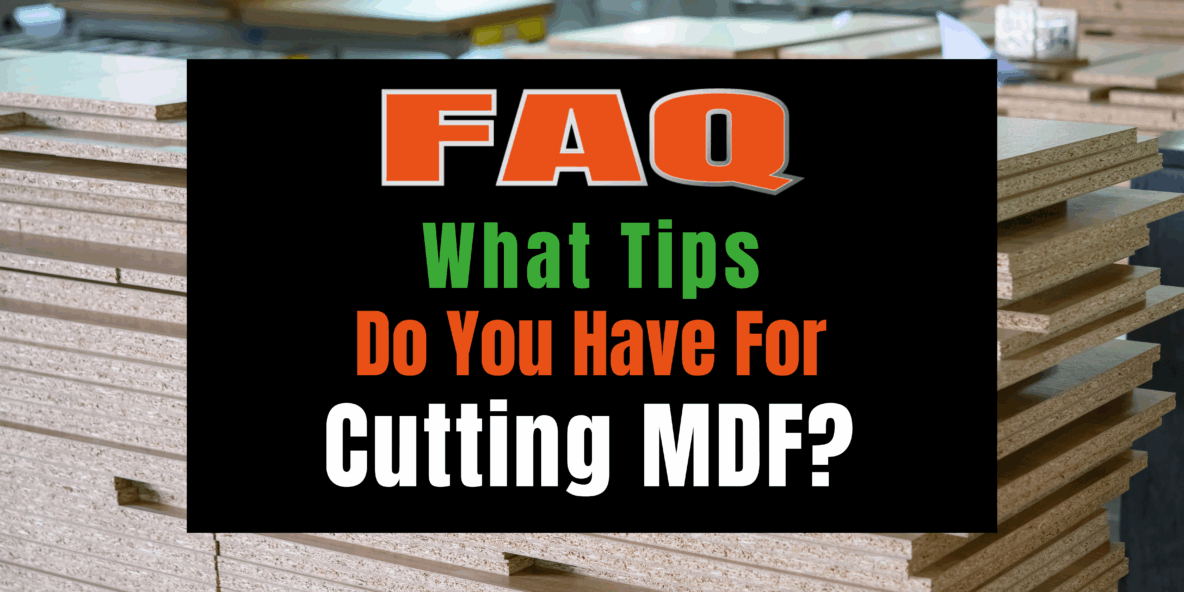
FAQ: What Tips Do You Have For Cutting MDF?
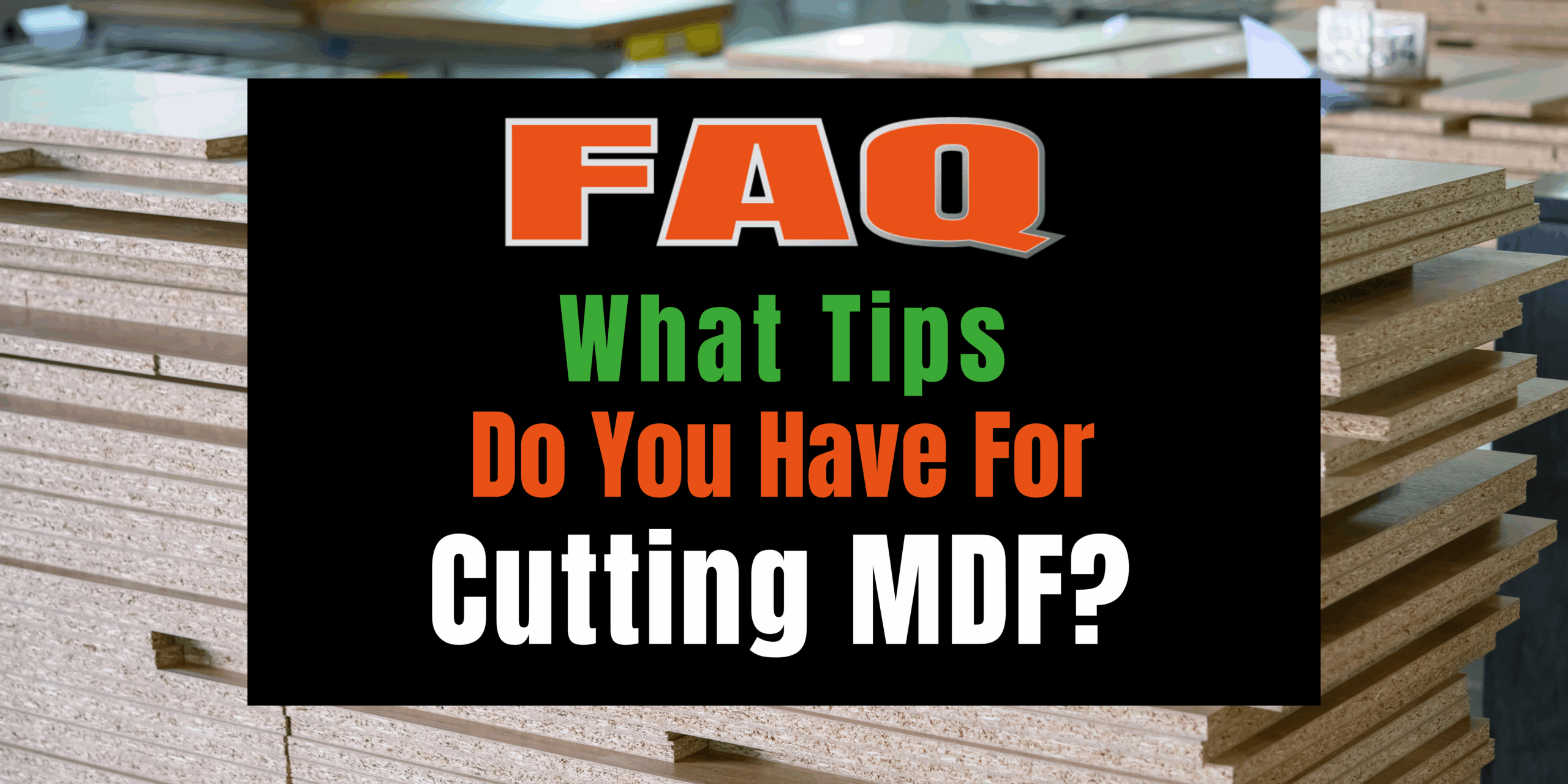
MDF (Medium Density Fibreboard) is one of the most widely used materials in signage, joinery, exhibition build and furniture manufacturing. It’s affordable, easy to source and reliably consistent. However, cutting it cleanly and efficiently on a CNC router takes more than just a sharp tool. It requires a smart approach, the right tooling and a well-optimised machine setup.
At Complete CNC Solutions, we support businesses working with MDF daily using Tekcel CNC routers. Whether you're new to CNC machining or looking to improve your existing process, here’s what you need to know to get the best results from MDF.
Choose the Right Cutter for the Job
Tool selection is the foundation of a successful MDF workflow. The density and fibre structure of MDF can be abrasive and produce very fine dust, so your cutter must be durable and suited to the application.
For most MDF cutting jobs, we recommend our CC800 Compression Cutters. These are designed to offer an Up/Down cut in the same tool giving excellent, efficient chip clearance and a consistently smooth edge finish on both top & bottom surfaces of the material. For tighter internal radii or complex paths, a smaller diameter version may be more suitable and are available in 6mm, 8mm, 10mm & 12mm diameters. If you're looking for long-lasting performance and reduced wear, consider coated options to help protect against abrasion.
Set Feed Rates and Spindle Speeds to Match the Material
MDF is a great material and has many uses, but incorrect settings can quickly lead to burning, chipping or excessive tool wear. Your spindle speed and feed rate need to work in balance.
We always recommend spindle speed of 18,000 RPM for all MDF and wood products with our CC800 Compression cutter range. Our team can help you find the right settings for your setup if you’re unsure.
Use Multiple Passes for Thicker Sheets
Cutting through 18mm MDF in a single pass might seem like a time-saver, but it often reduces edge quality and puts extra strain on your tooling, along with leaving unwanted swarf in the cut trough. Instead, use multiple shallower passes. This gives better swarf extraction, reduces heat build-up and extends cutter life.
For a standard 18mm board, two or three passes at a sensible depth per pass is ideal.
PLEASE NOTE: Never vertically plunge with CC800 Compression cutters as they are designed to be “Ramped” into the material. If plunged vertically they can create too much heat and therefore scorch & burn the material.
Hold-Down Matters More Than You Think
The fine dust created when cutting MDF can settle between the sheet and the bed, acting like a cushion that weakens the vacuum seal. This can lead to poor hold-down, inconsistent cutting depth and even sheet movement during machining.
To avoid this, make sure your spoilboard is surfaced flat and vacuum zones are properly sealed. For some jobs, mechanical clamping may also be beneficial. Reliable hold-down is essential for clean, consistent results, especially when working with nested shapes or detailed cuts.
Invest in Dust Extraction for Clean Cuts and a Clean Workshop
MDF produces a high volume of fine, airborne dust. Not only can this affect machine performance, but it can also impact operator health and overall workshop cleanliness.
A robust extraction system is essential for maintaining cut quality and a safe, dust-free workspace. Tekcel routers are compatible with the HDV Heavy Duty Extraction System, which is designed to handle everything from dense chip loads to fine dust with ease. It reduces the need for manual clean-up, keeps machines running efficiently and ensures your working environment stays cleaner and safer, even during long production runs.
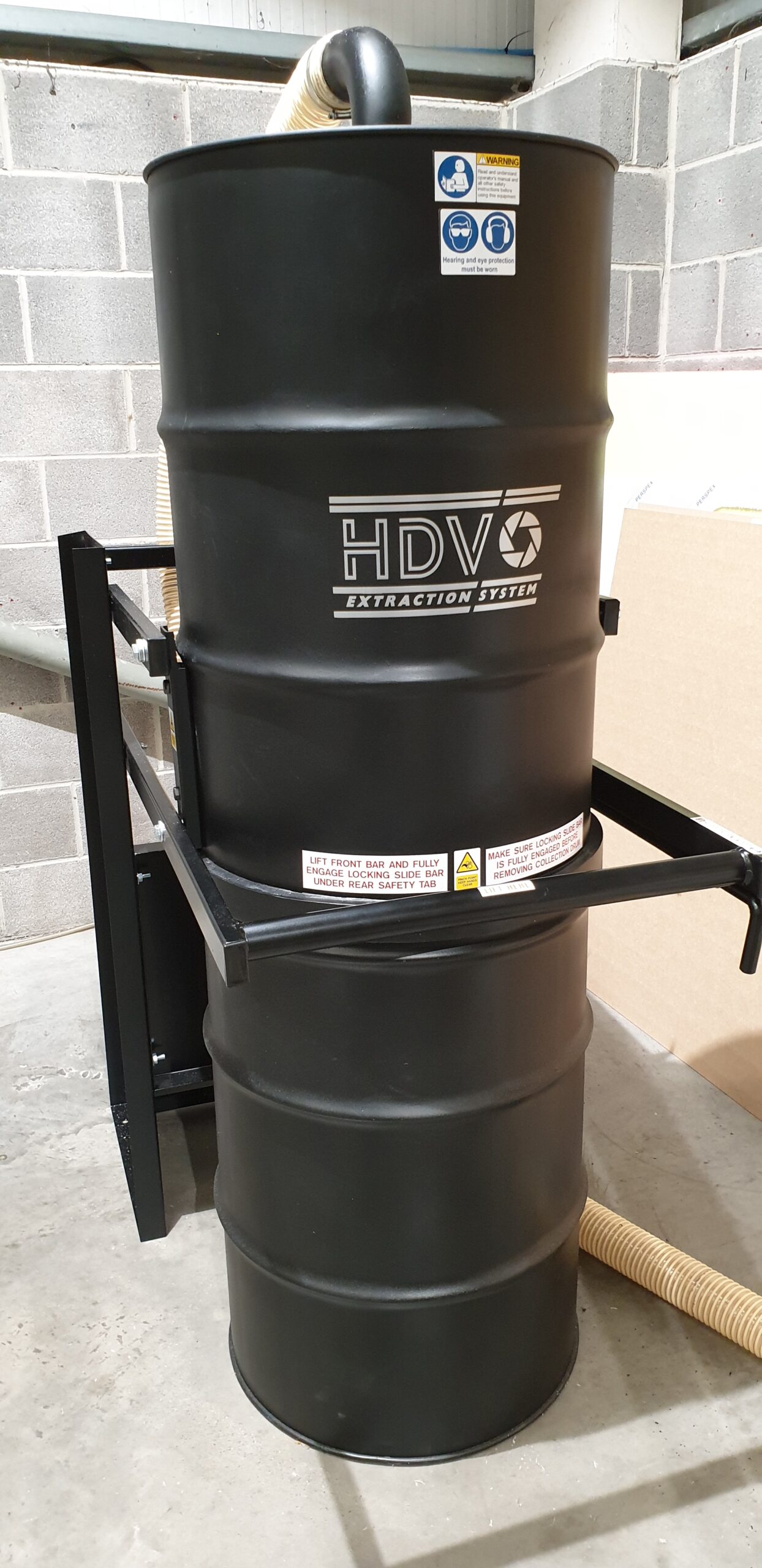
Look After Your Tooling to Maintain Quality
Cutting MDF wears tooling faster than softer materials. Even high-quality cutters will dull over time. Watch for signs of dulling, such as rougher edges or a drop in cut quality. A worn tool can cause burning, fuzzy edges and increased cycle times.
Regular inspection and rotation of tools is good practice. If you notice increased resistance or smoke during cuts, it’s time to replace or regrind.
Final Thoughts
Cutting MDF efficiently is about more than setting up a toolpath and pressing start. From tooling selection to machine setup, every part of the process contributes to the final result.
With a Tekcel CNC router and the right accessories from Complete CNC Solutions, you can achieve clean, accurate MDF cuts with less wear, less dust and more consistency. Whether you’re starting out or refining a high-output workflow, our team can help you optimise your setup and get the most from every sheet.
Get in touch to discuss your MDF applications, tooling options or machine upgrades. We’re here to help you get it right.
Further Blog Posts
What CNC Shops Miss When They Judge Tooling by Price

What 2025 Taught Us About CNC Performance
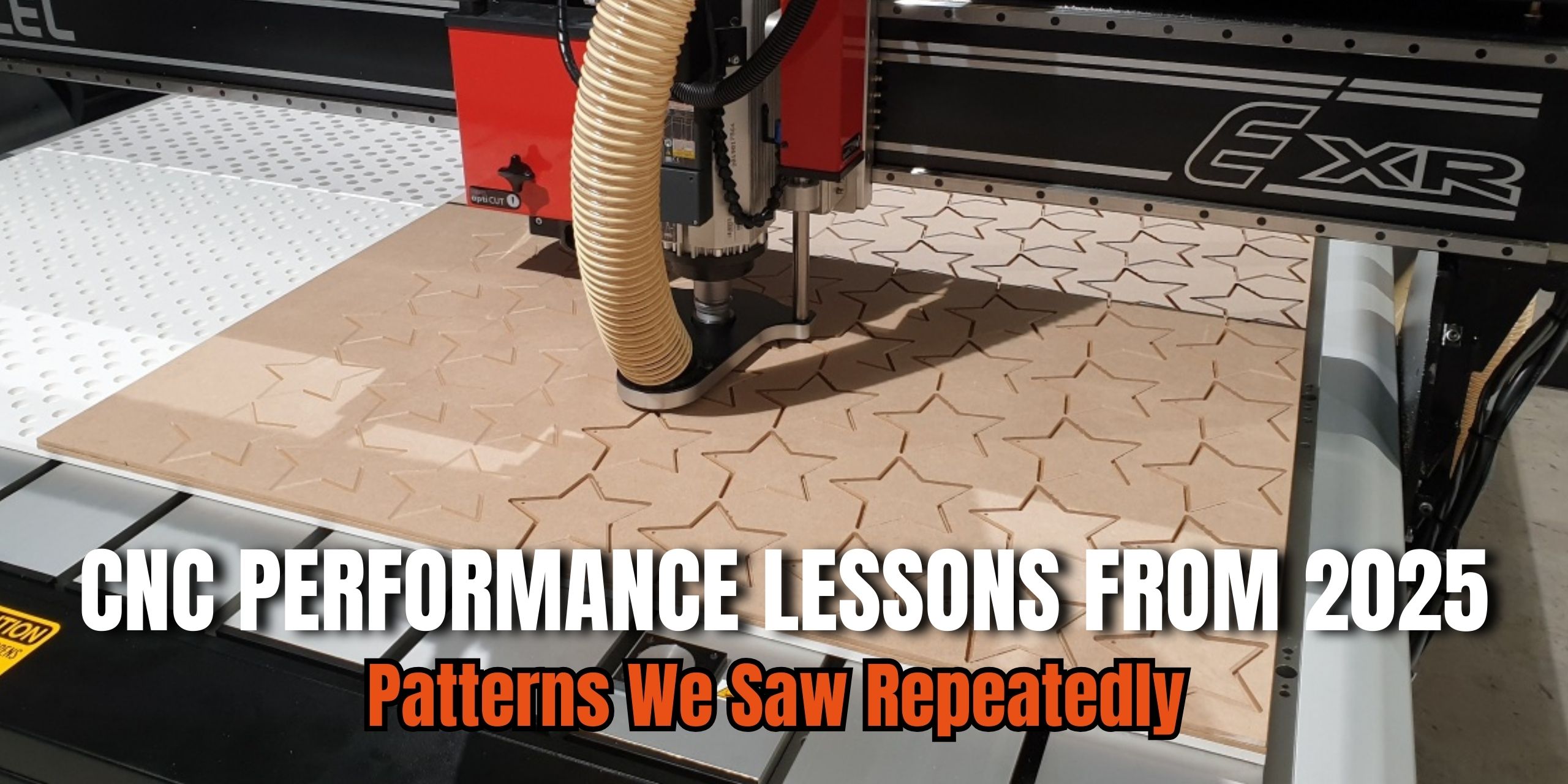
Design Your CNC Process Around the Cutter, Not the Other Way Round

The Multi Material CNC Toolkit for Vehicle Converters
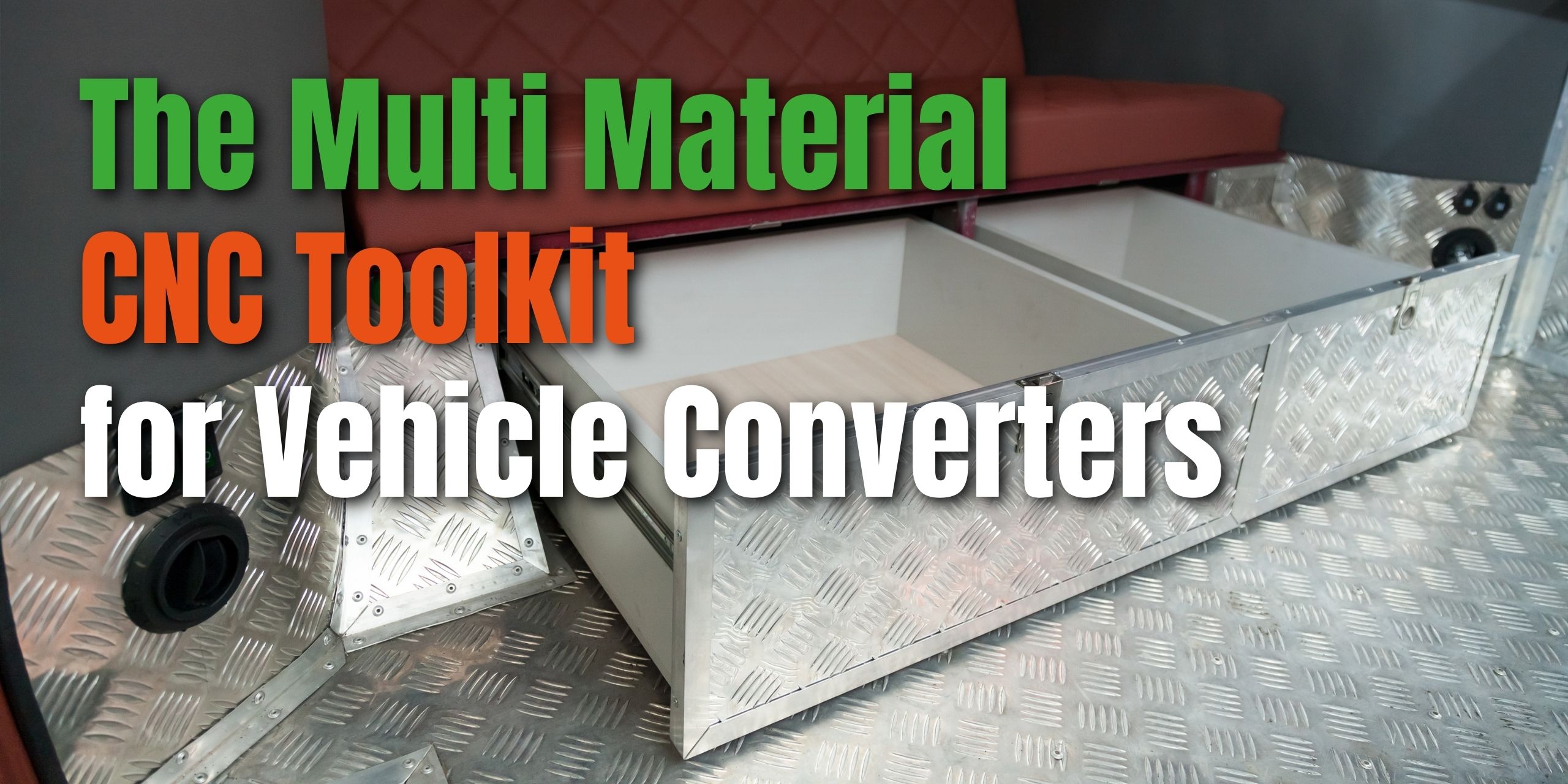
CNC Engineers Reveal the Top Maintenance Mistakes to Avoid

Measuring Yield & Waste in Your CNC Shop: KPIs & What to Aim For
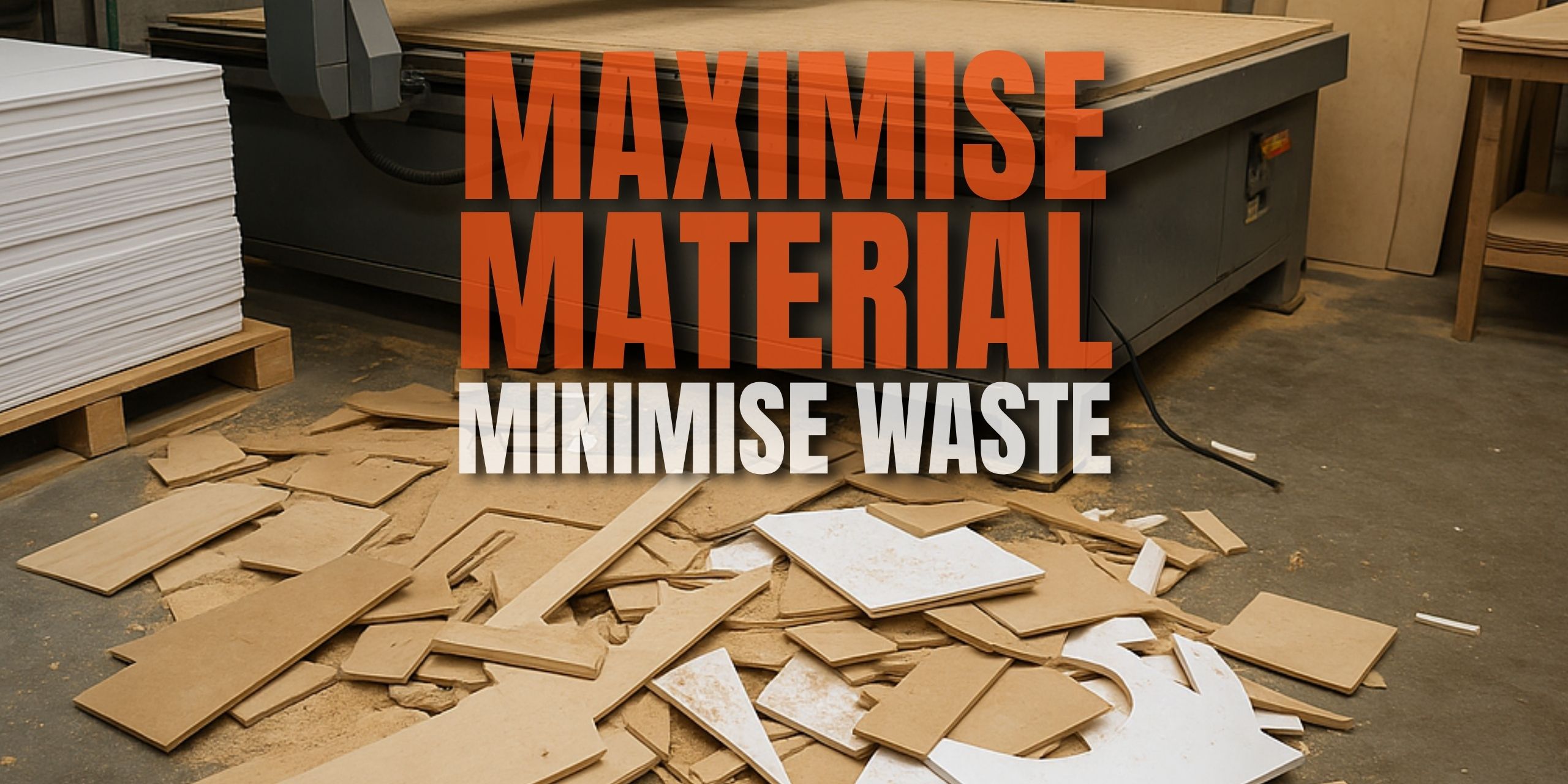
How CNC Automation Helps UK Manufacturers Beat Rising Costs
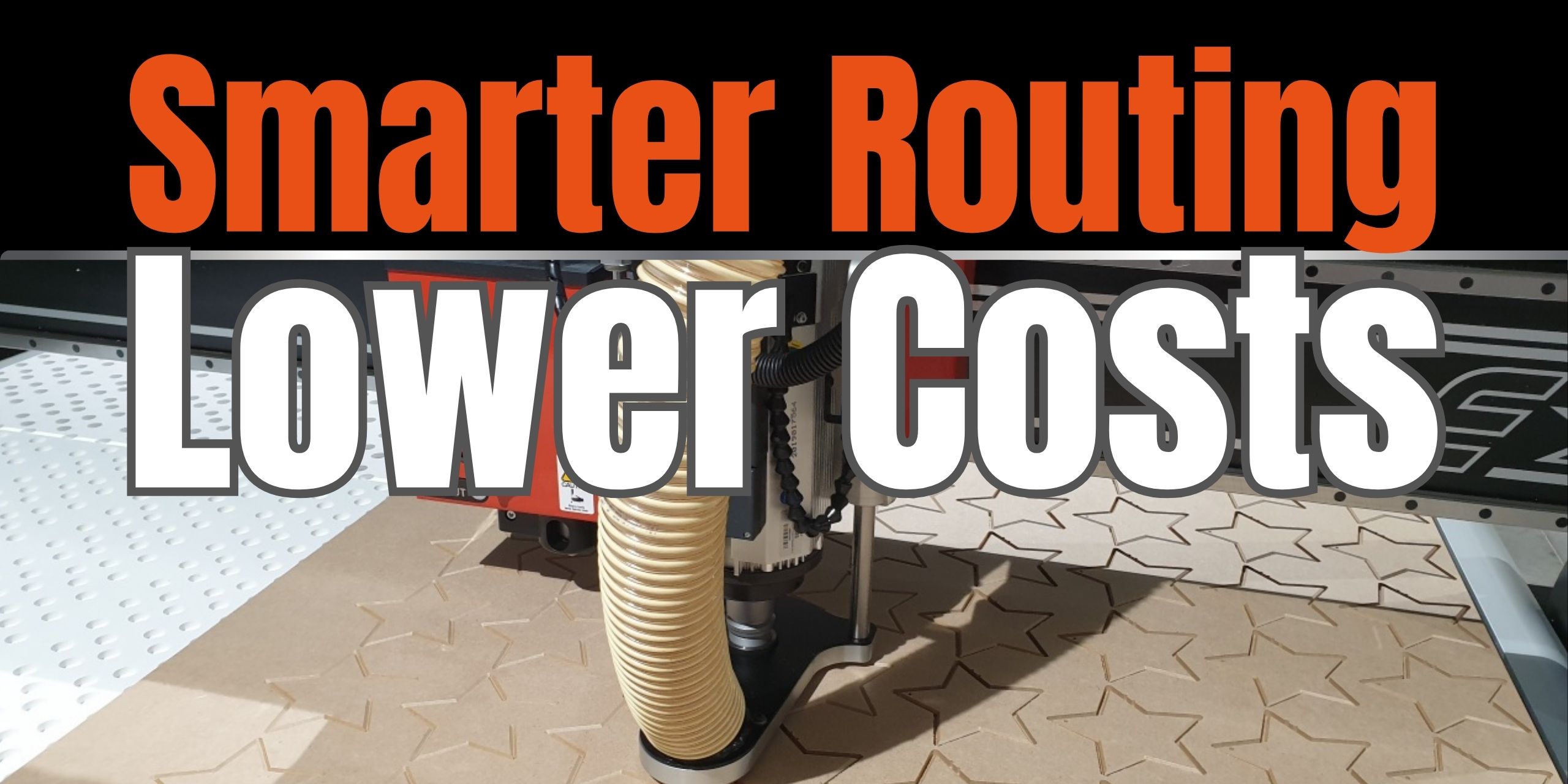
Why do CNC Router Tools Really Break? And How to Prevent It.
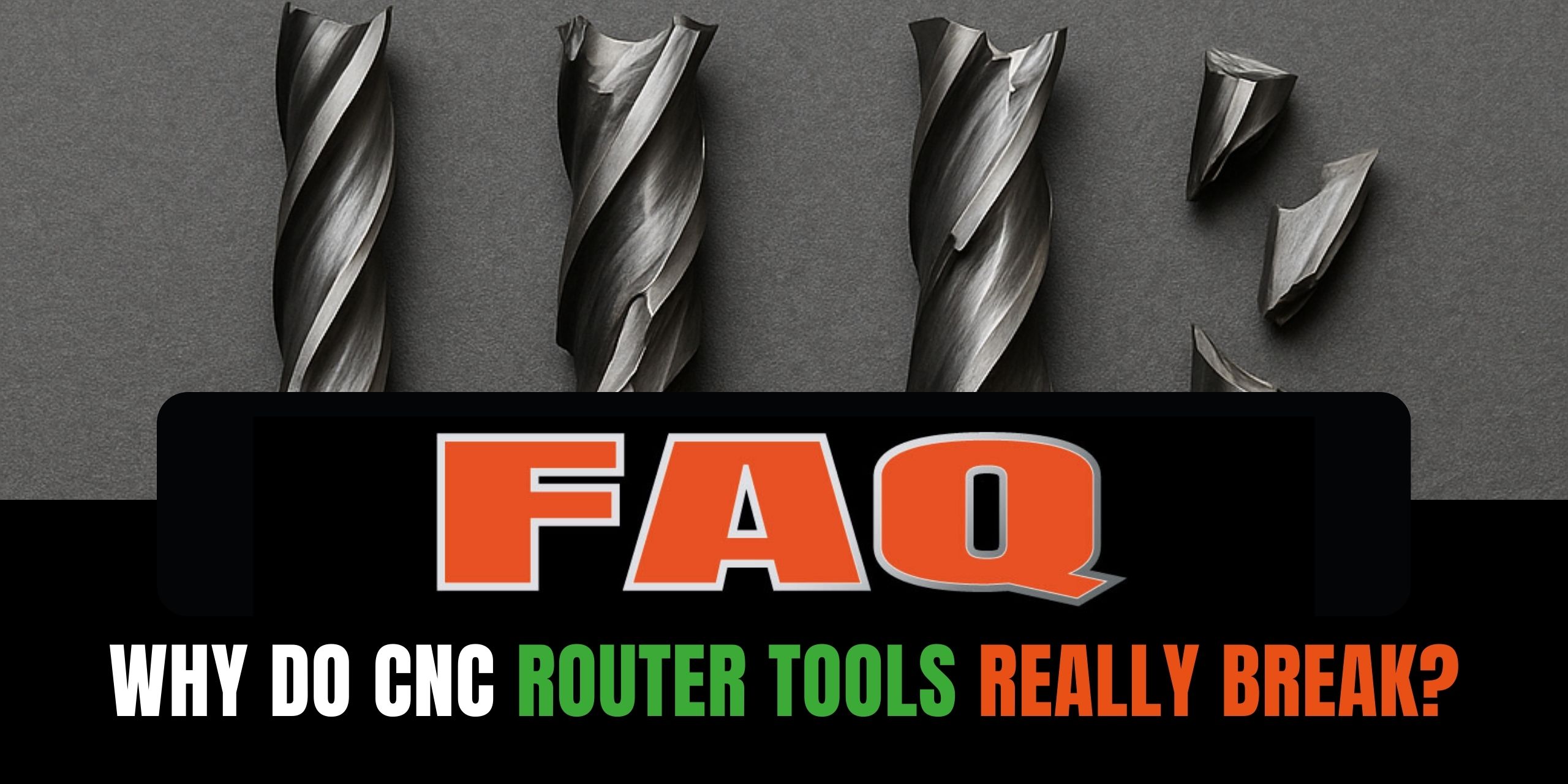
The Rise of Wood: Is the Industry Shifting Away from Plastics?

Choosing CNC Tooling: What Matters and Why It Pays to Buy from Specialists
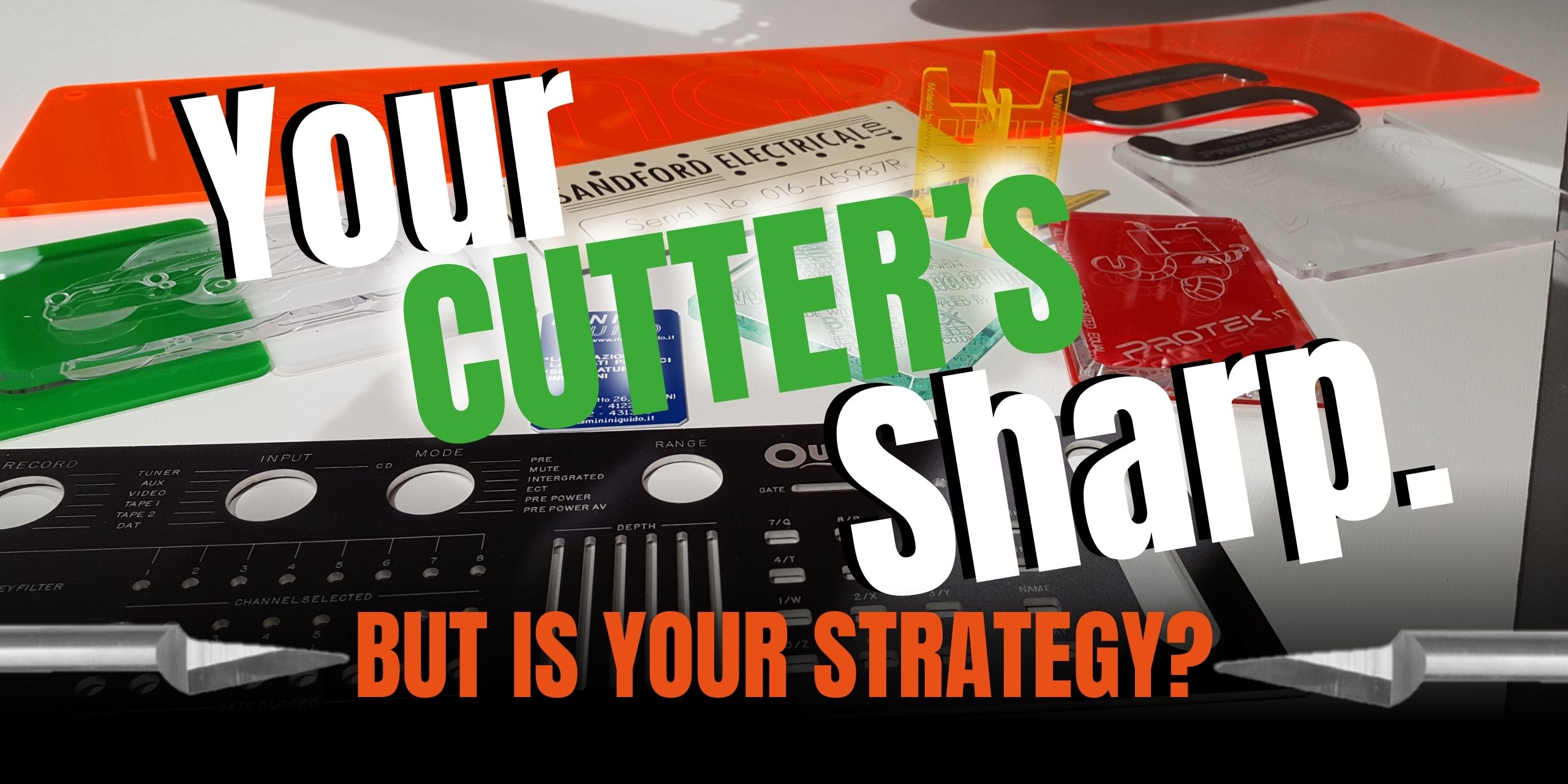
Avoid These CNC Pitfalls in Illuminated Signmaking

Essential CNC Router Tips for Cutting Acrylic

Nesting Your Way to Better Margins in Joinery
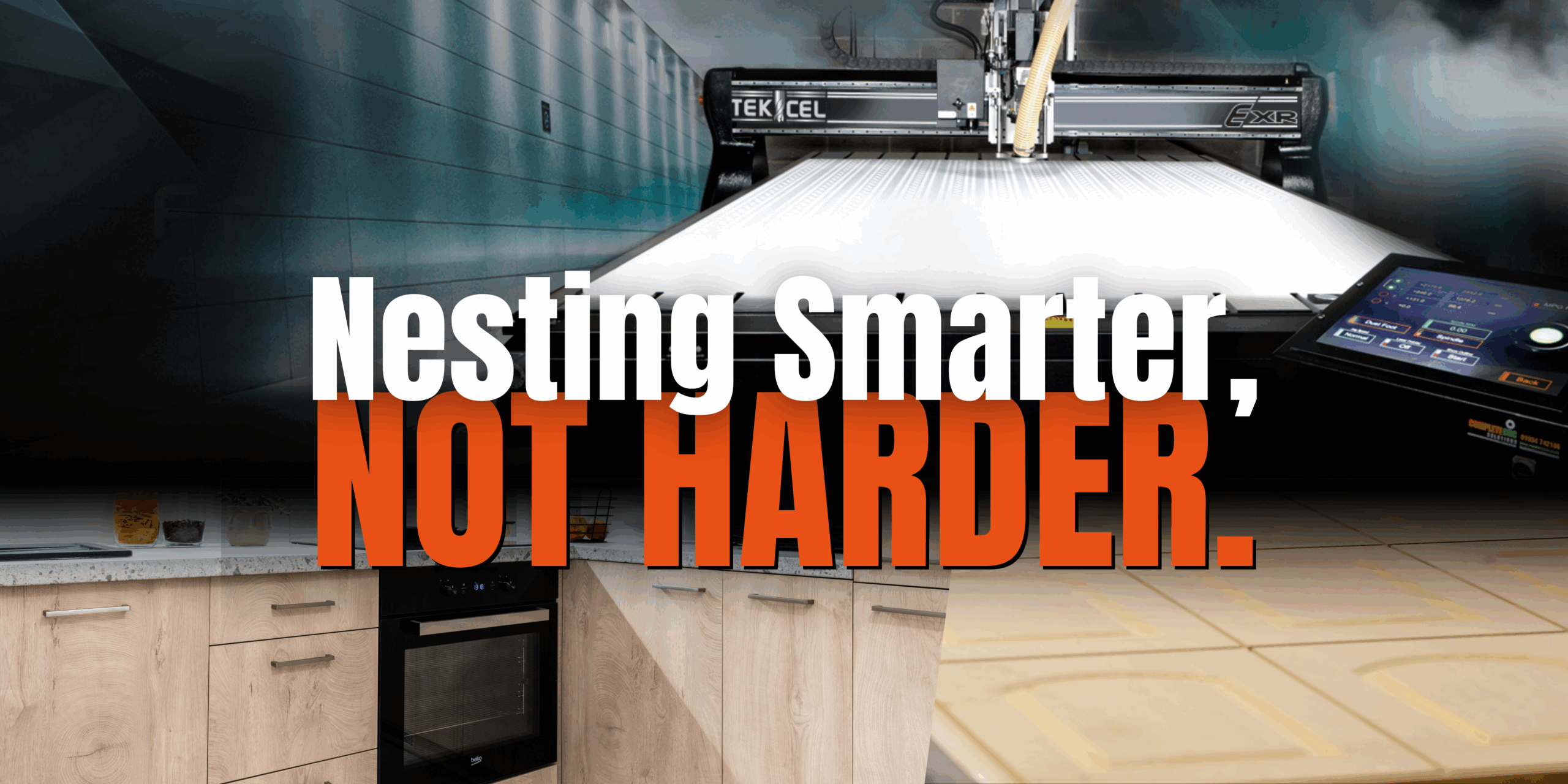
Is Your CNC Router Holding Your Business Back?
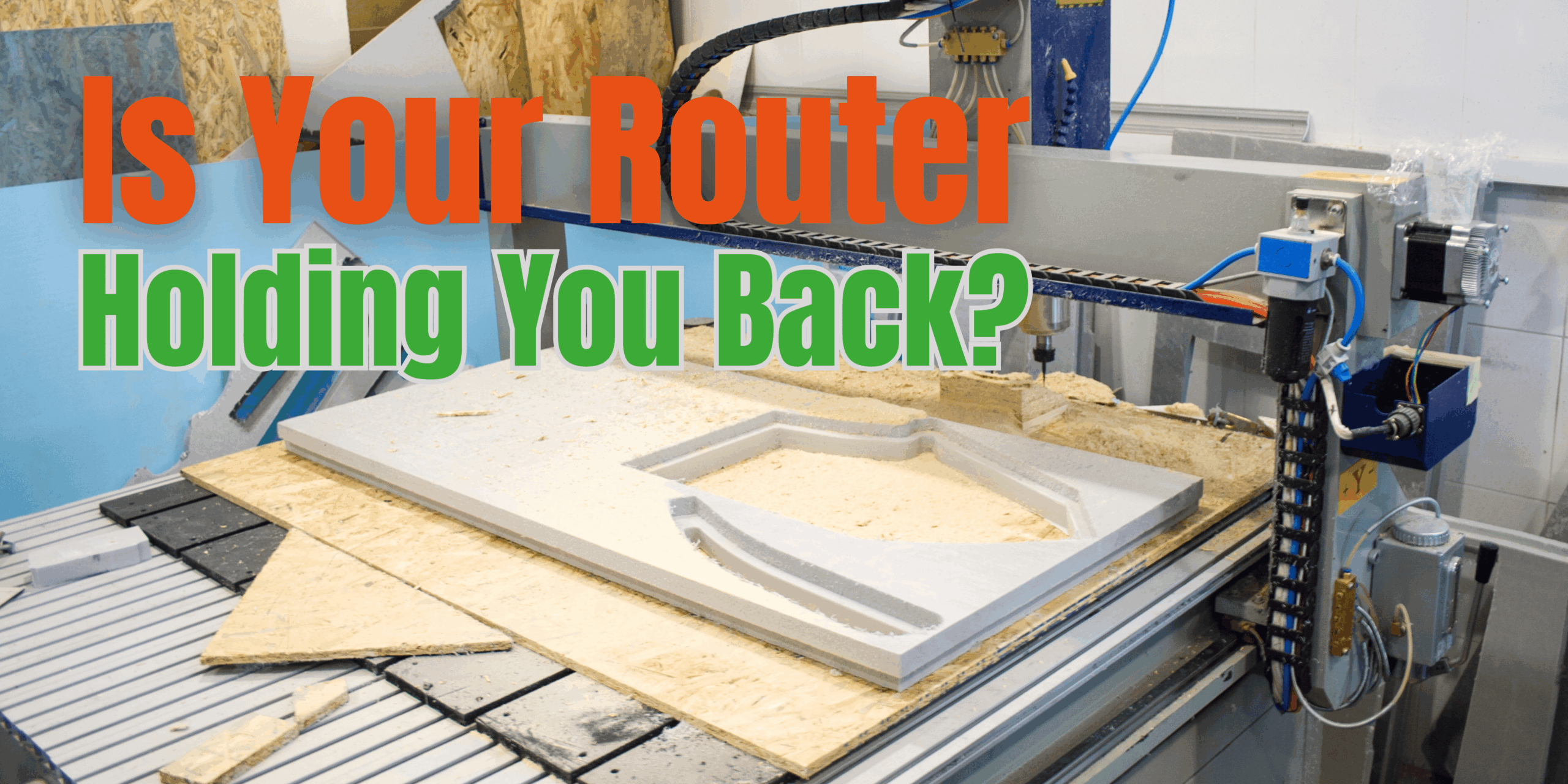
Can a CNC Router Cover Lots of Different Industries?
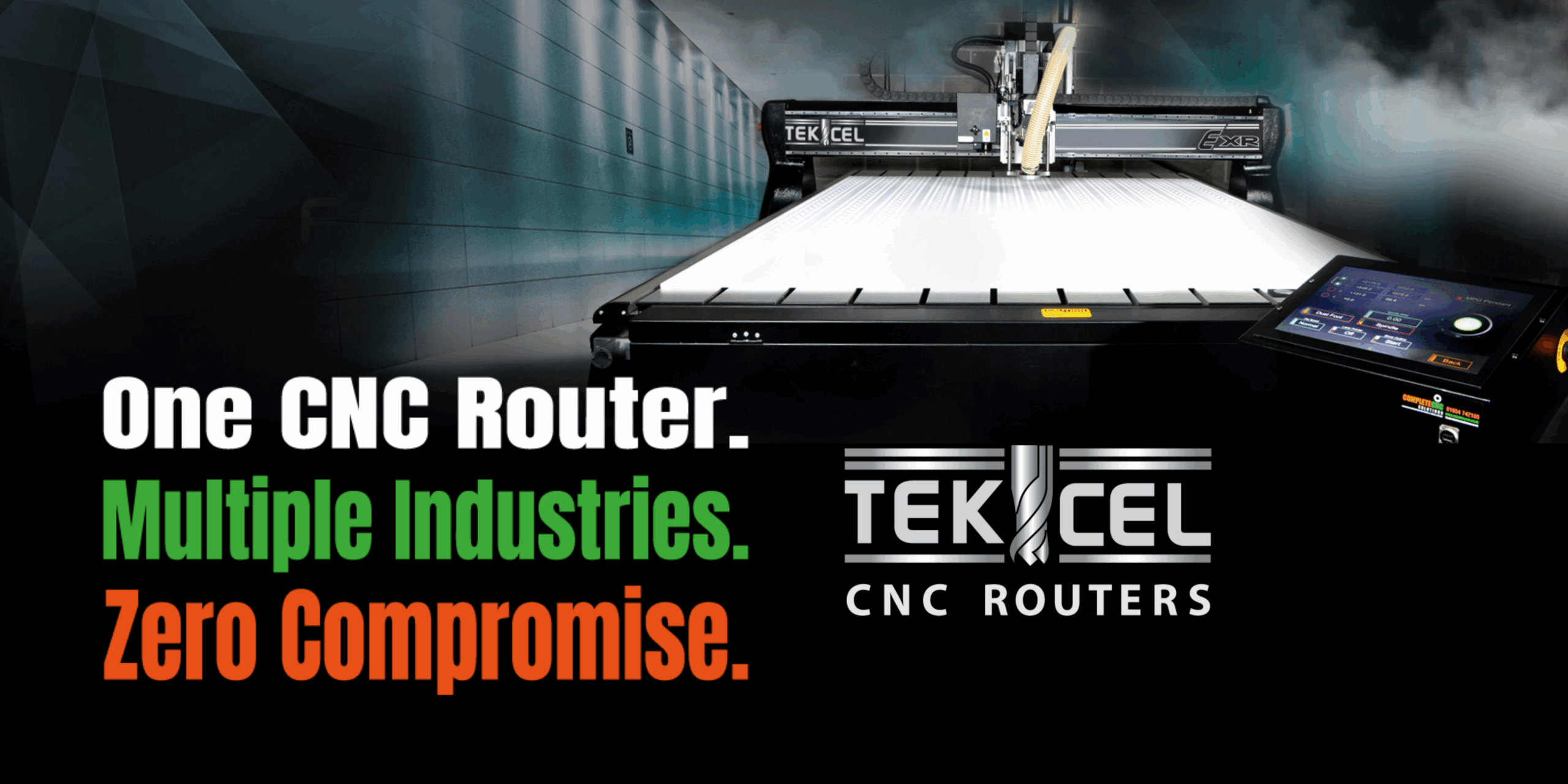
Why Case Makers Should Be Cutting Foam In-House With a CNC Router
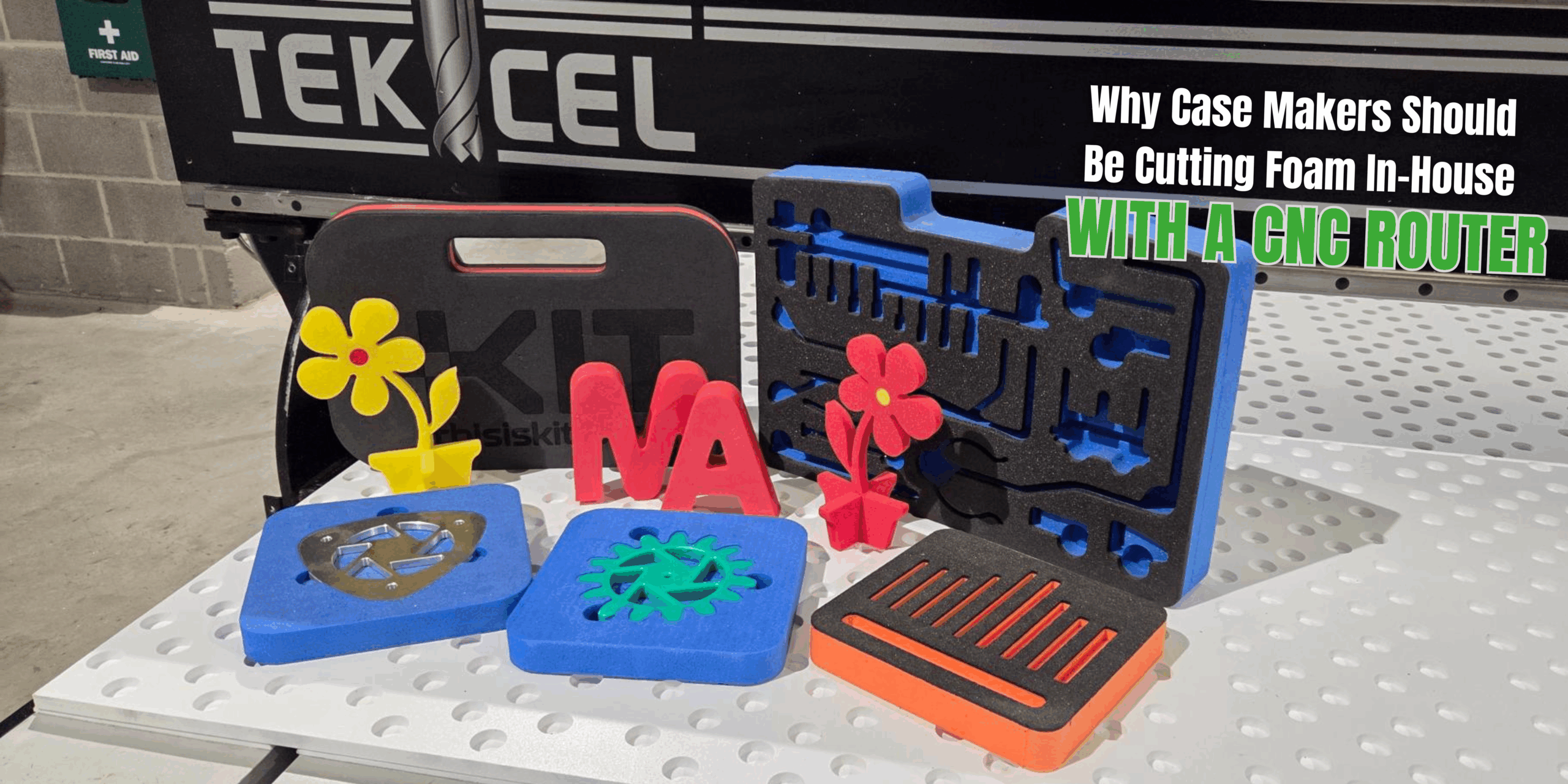
FAQ: What Tips Do You Have For Cutting MDF?

Thinking About Investing in a CNC Router?
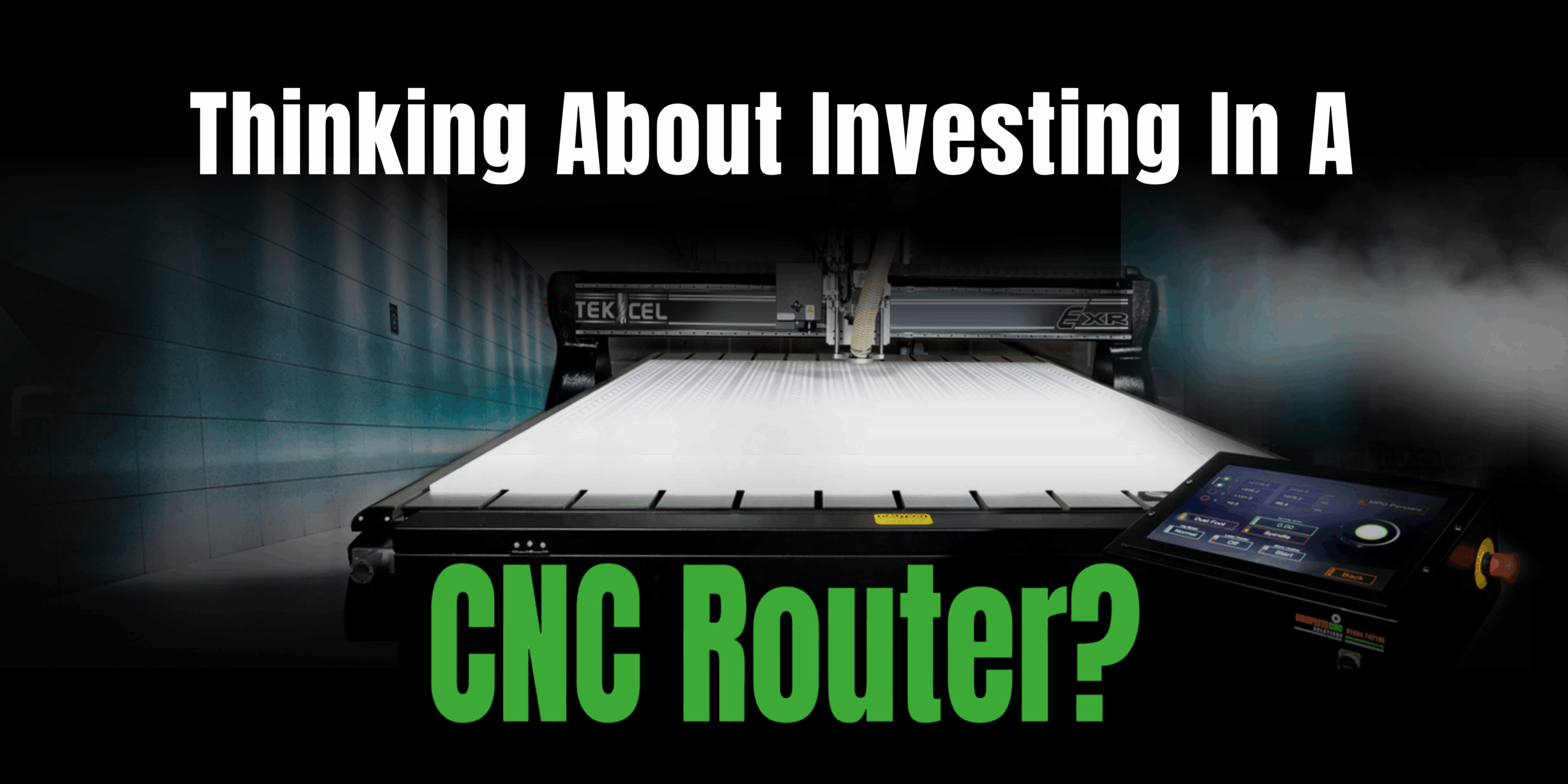
Why Tekcel EXR is the CNC Router You Need
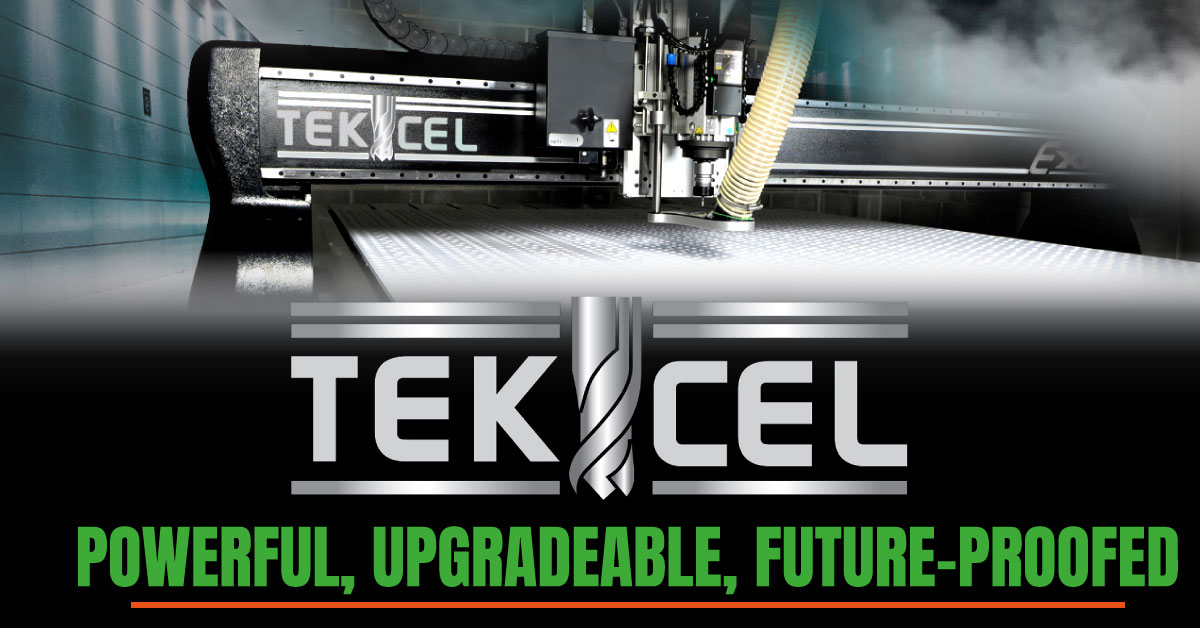
CNC Woodworking Without The Headaches
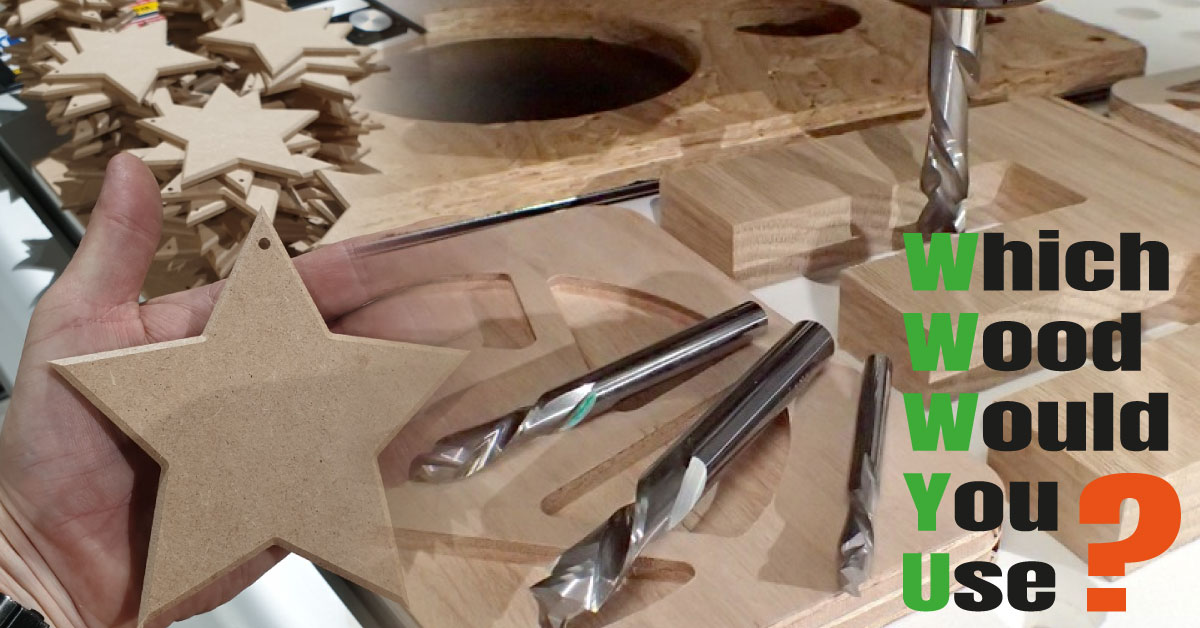
No More Botched Cuts on Plastics & Acrylics!
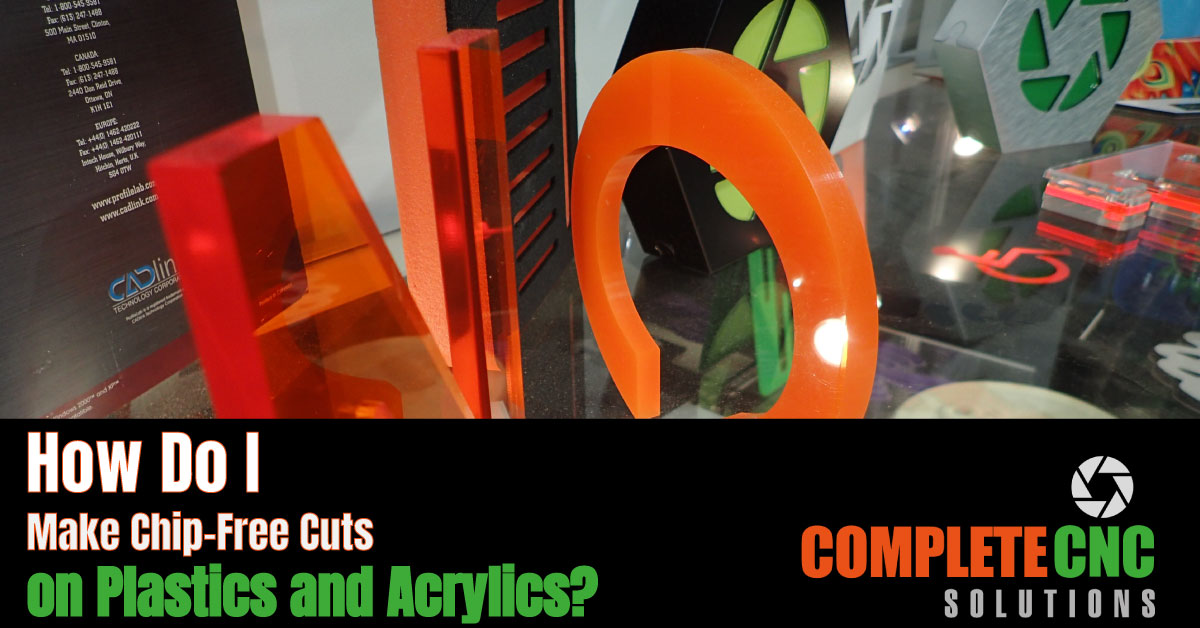
Struggling with Tool Wear?
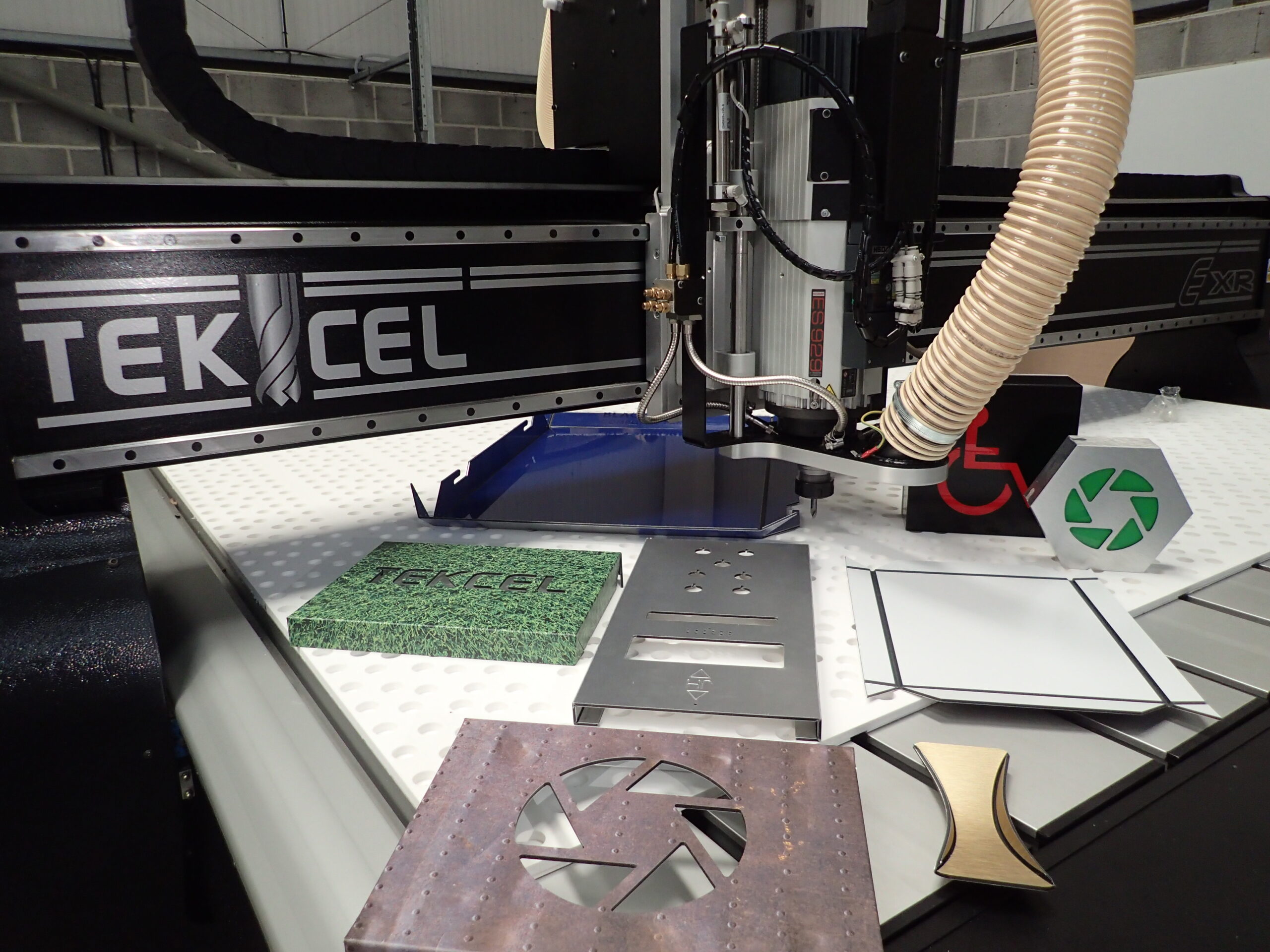
How to Successfully Cut Small Shapes Without Them Moving
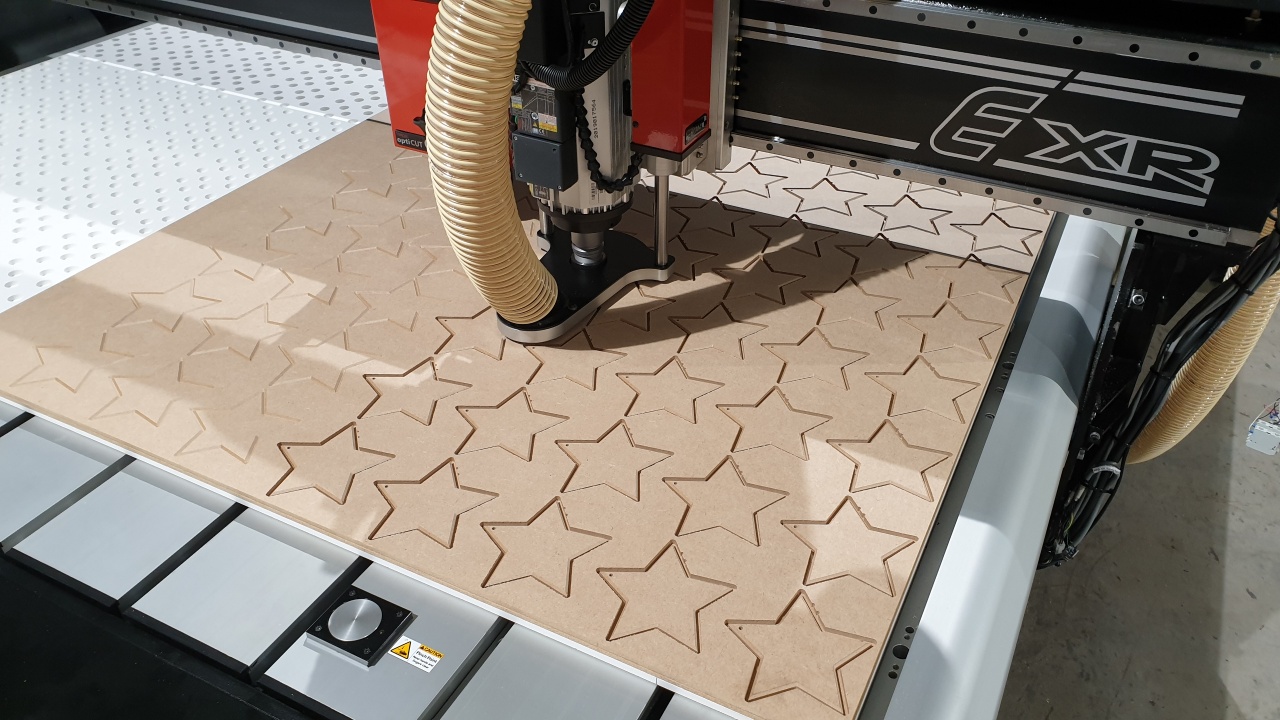
Documenting CNC Router Settings and Processes for Future Success

Training Tailored For Success With Your Tekcel CNC Router
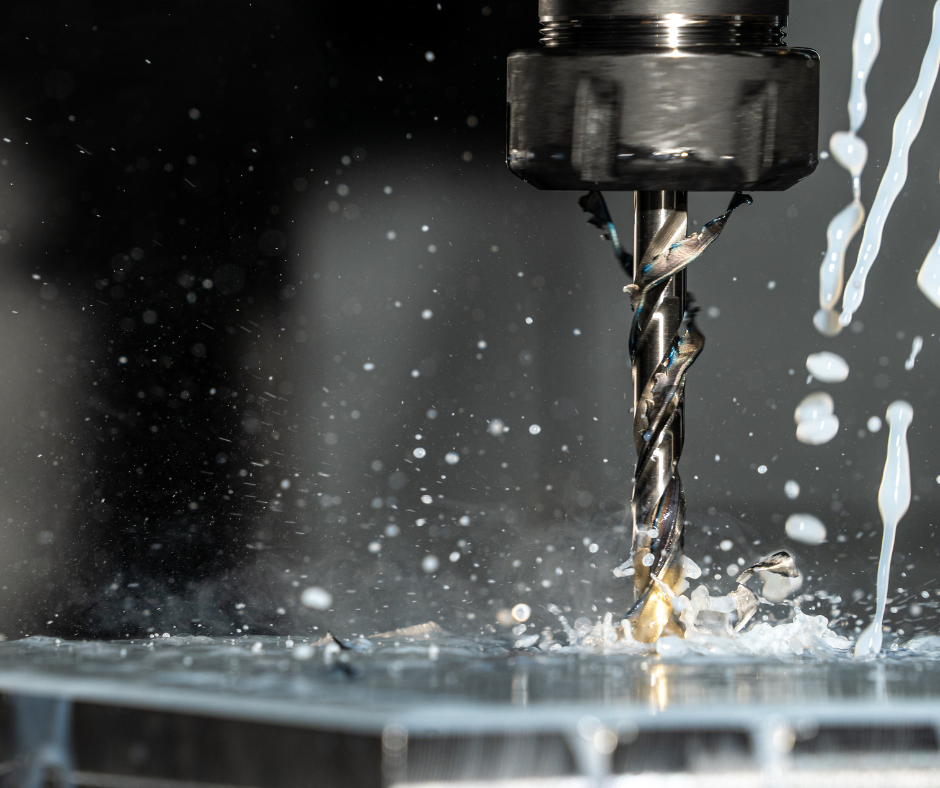
Stay Ahead with Software Updates for Your Tekcel CNC Router

Revolutionise Signage with Tekcel CNC and Precision ACM Tooling

Cutting it Close? Know When to Change Your Collet for Safe, Sharp Results

How to Avoid Burning and Furring When Cutting Wood with a CNC Router

How to choose the right CNC tool for the job/material
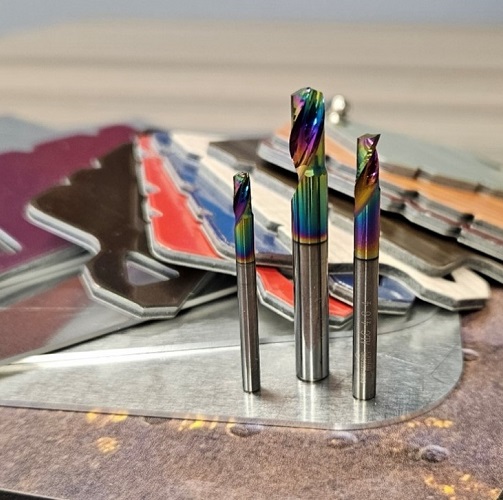
Which CNC Router covers all the bases for a signage manufacturer?
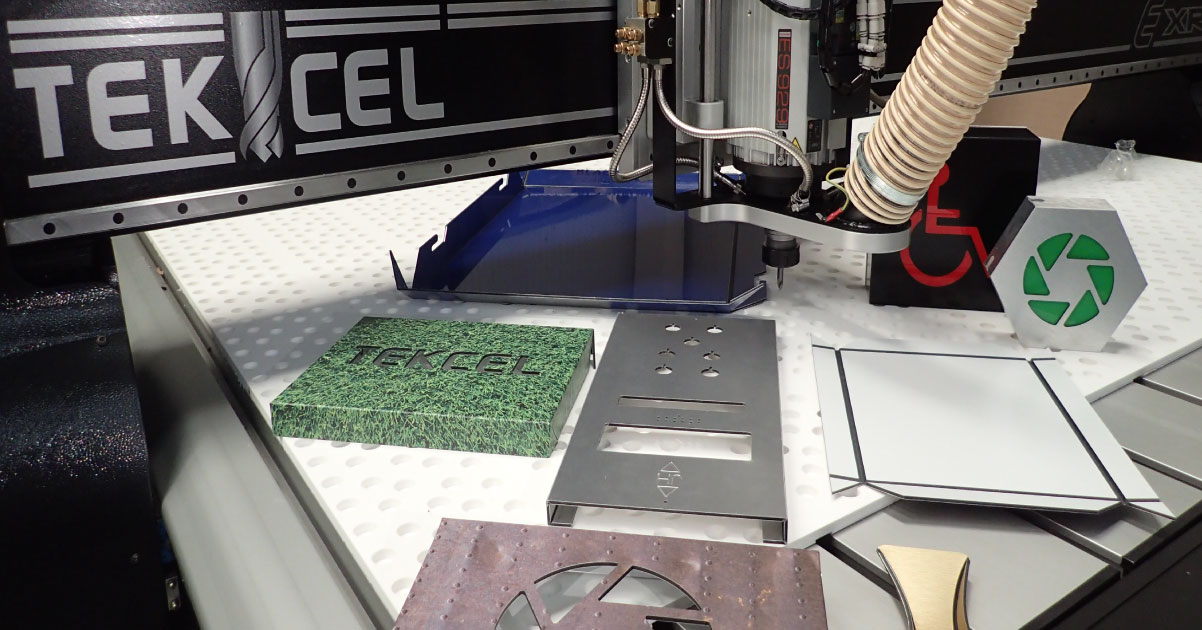
The Tekcel – High Pressure Mist Coolant System for Metal Cutting
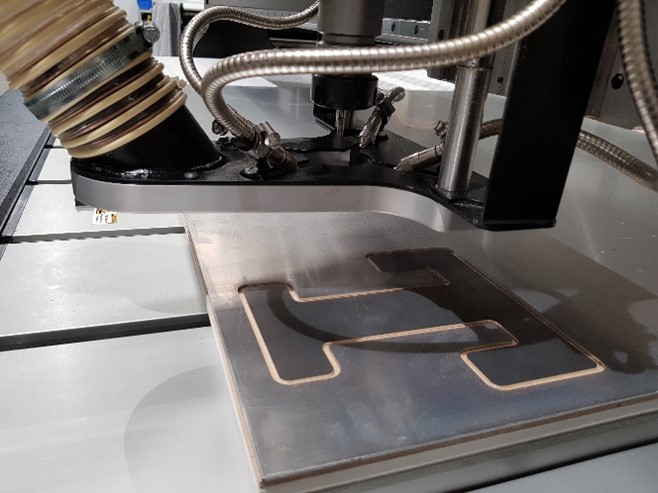
Tekcel CNC Routers – Furniture & Woodworkers dream machine
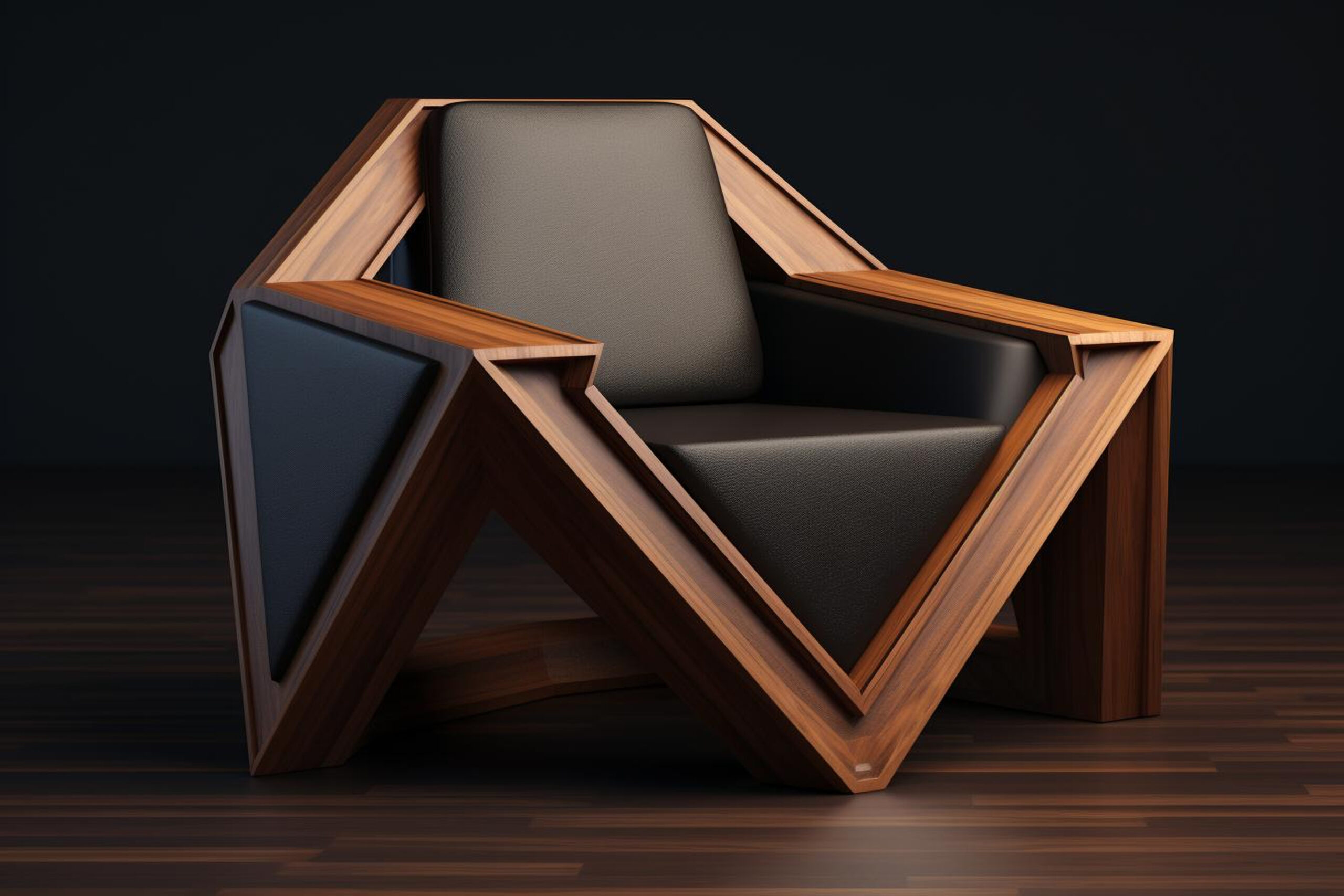
Start with a “Tekcel CNC” for the best finish…
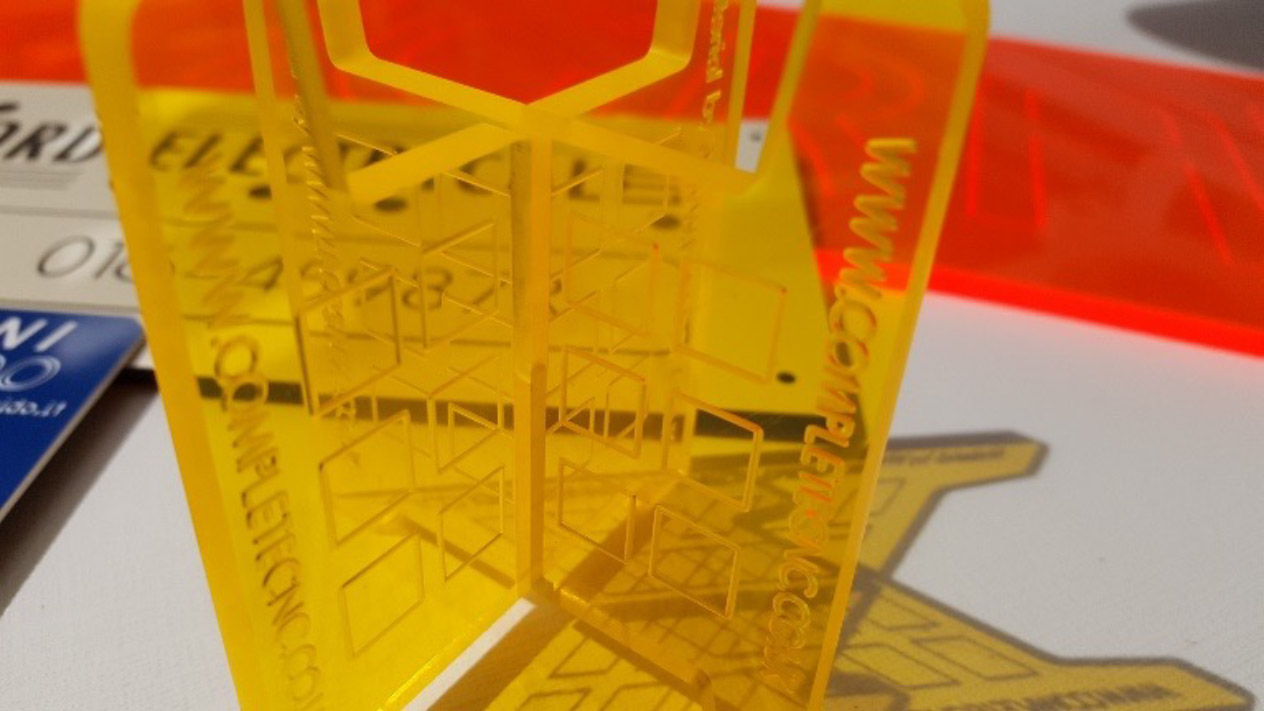
Under the Bonnet of a Tekcel EXR CNC Router
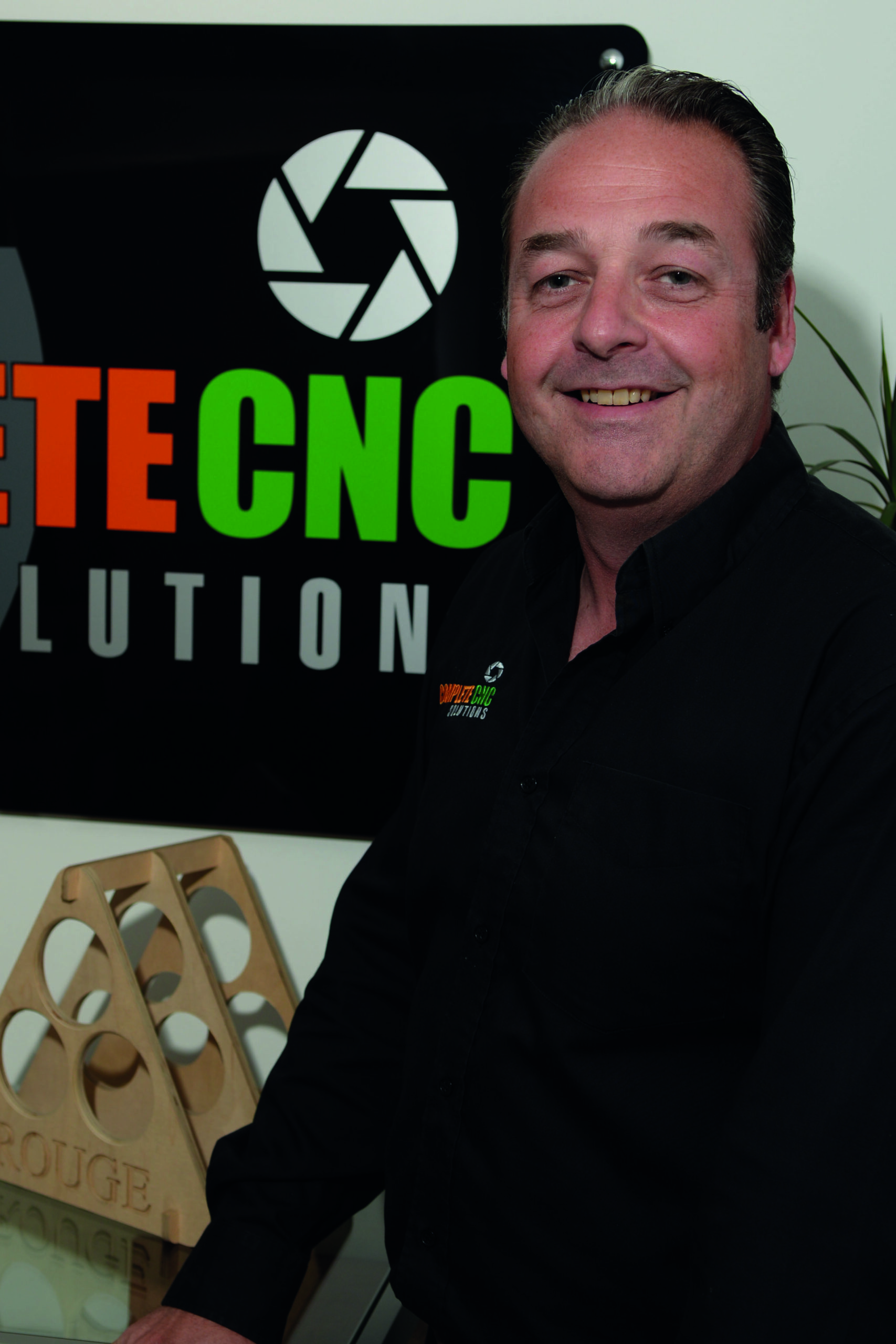
How to Skim the MDF Sacrificial Bed on your Tekcel CNC Router: A Step-by-Step Guide
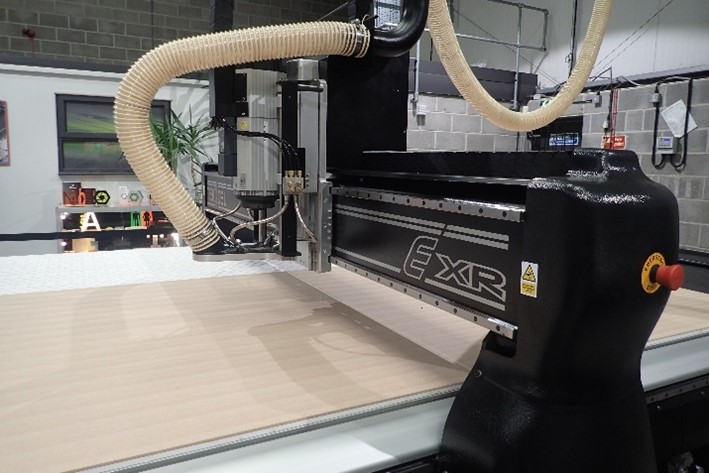
What is an ATC and why do I need one?
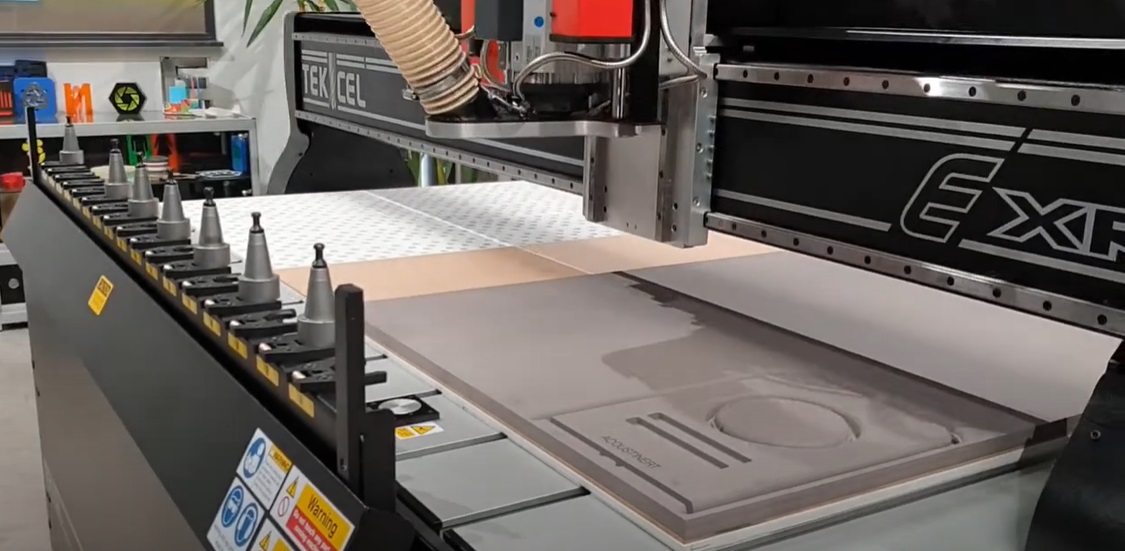
Tekcel CNC for ACM (Aluminium Composite Material) Signage:

The Benefits of Acrylic
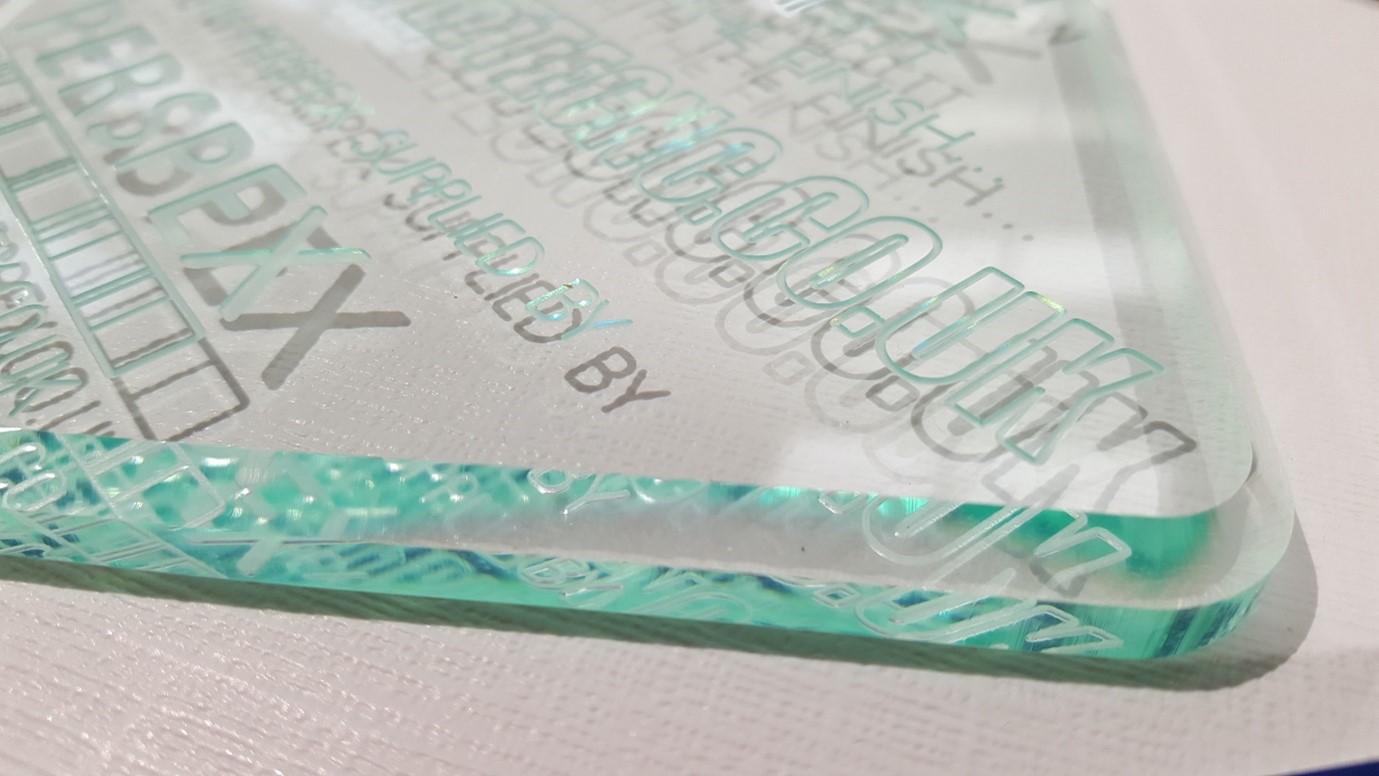
CNC for DFM
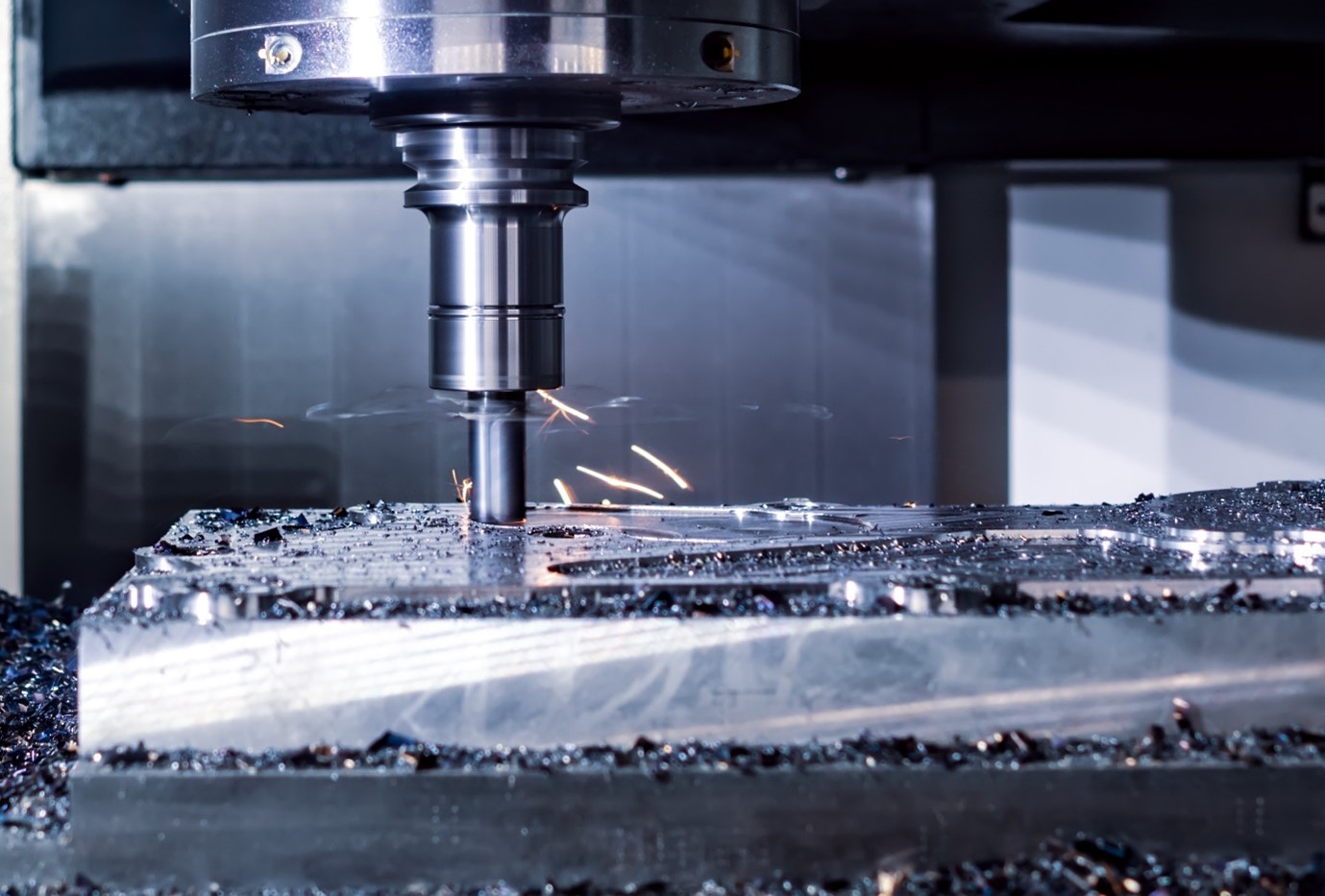
The Unbreakable Rules!
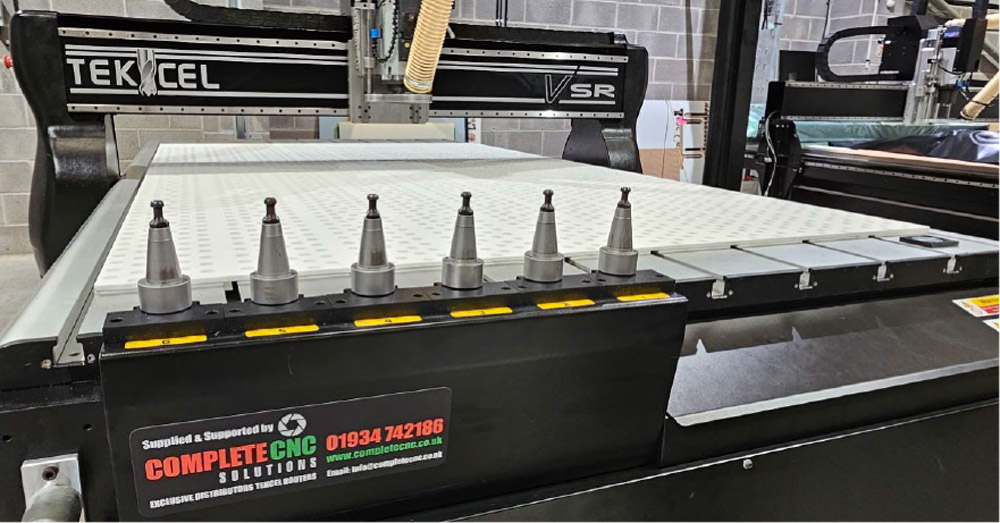
Welcome to the world of CAD/CAM
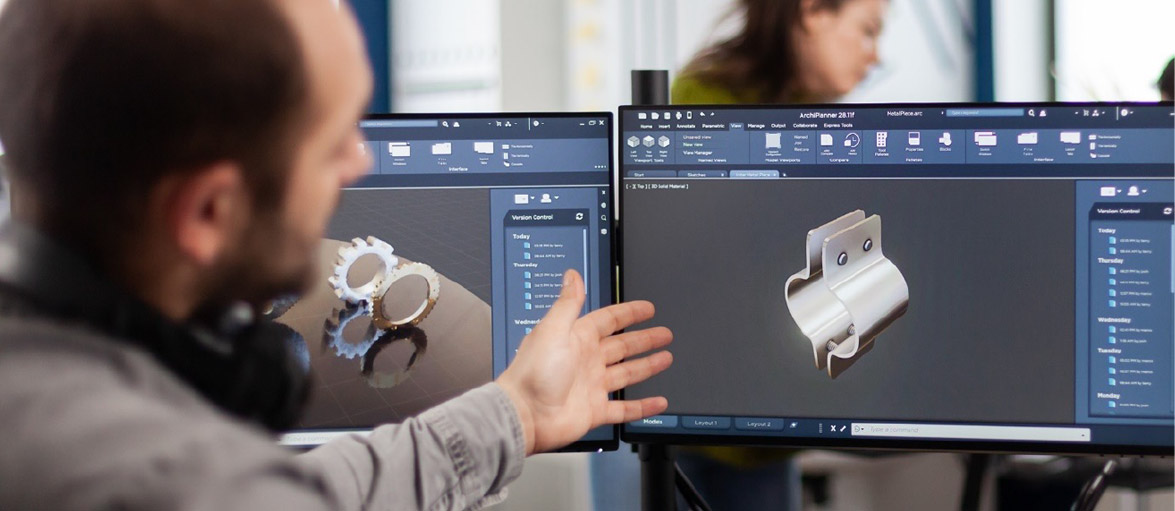
10 Tips for Successful Aluminium Cutting with CNC Routers
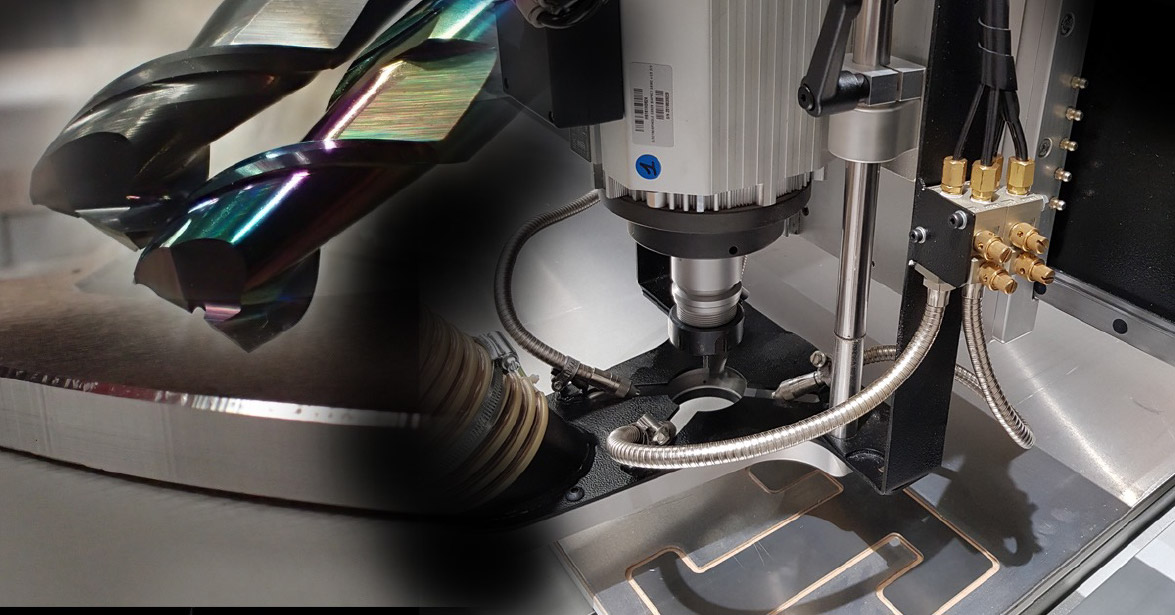
Mastering the Art of Tekcel CNC Router Speeds and Feeds: A Comprehensive Guide
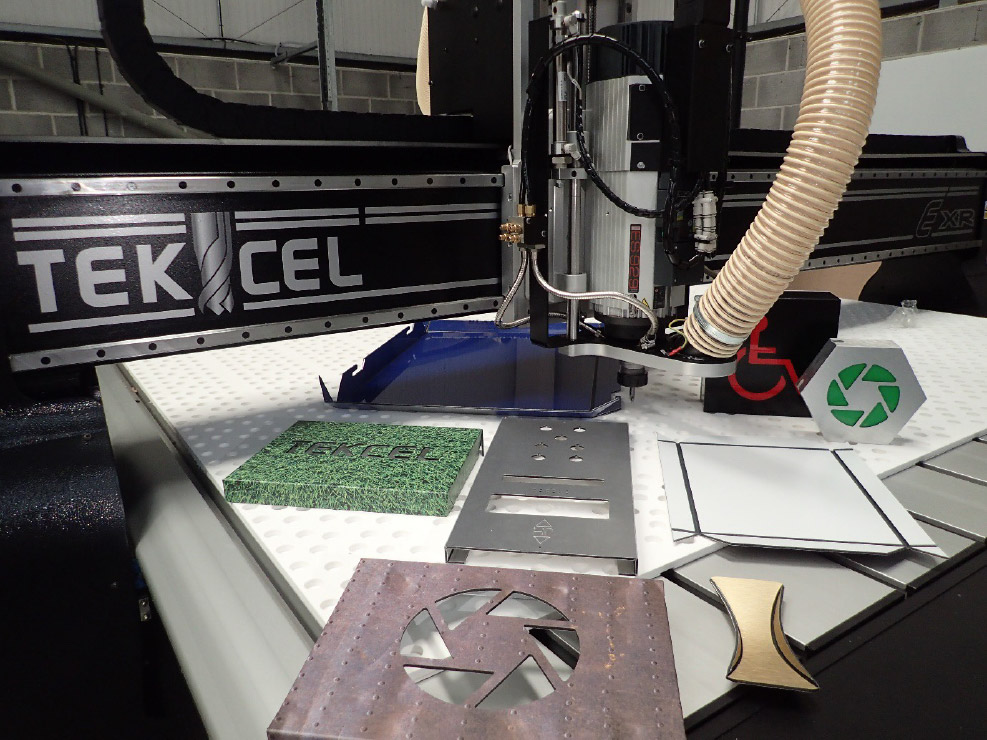
CNC Routers For Sign Making
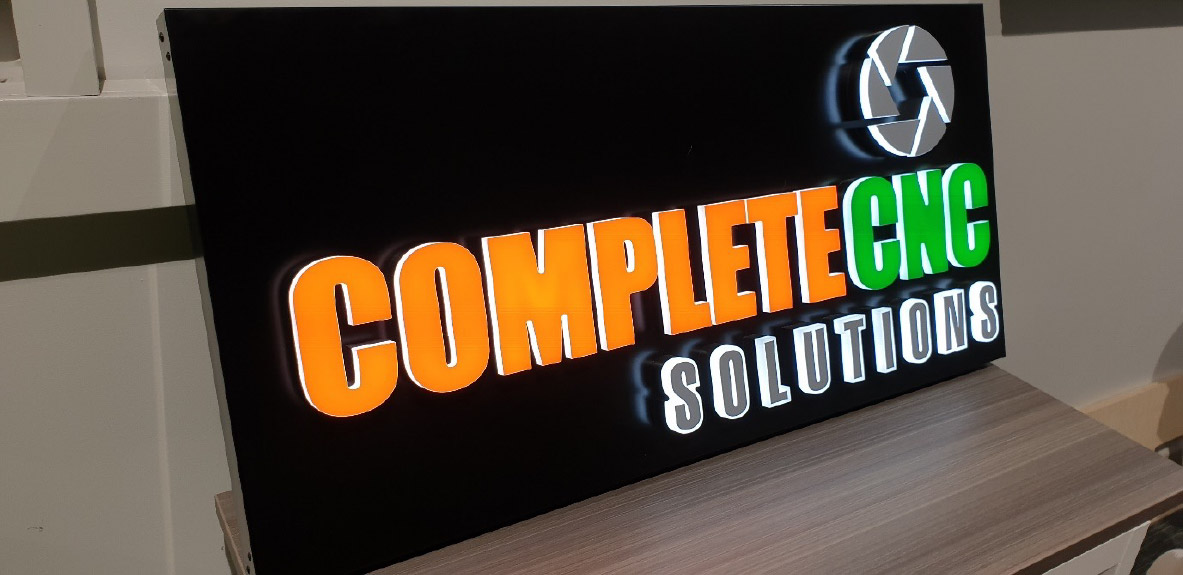
Cutting Acrylic With Your CNC Router

Collets: An Essential Tool
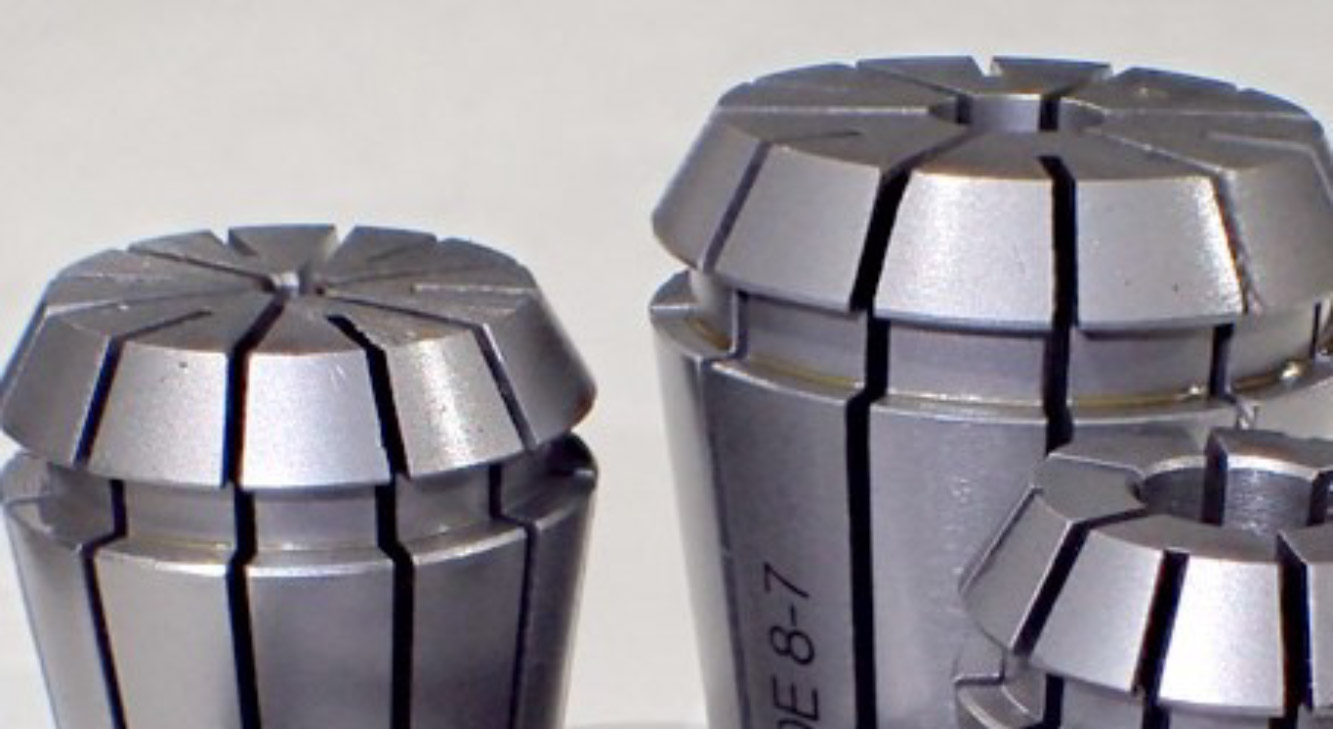
Calling all converters: How CNC Routers Elevate Vehicle Conversions

The Right tool for the job
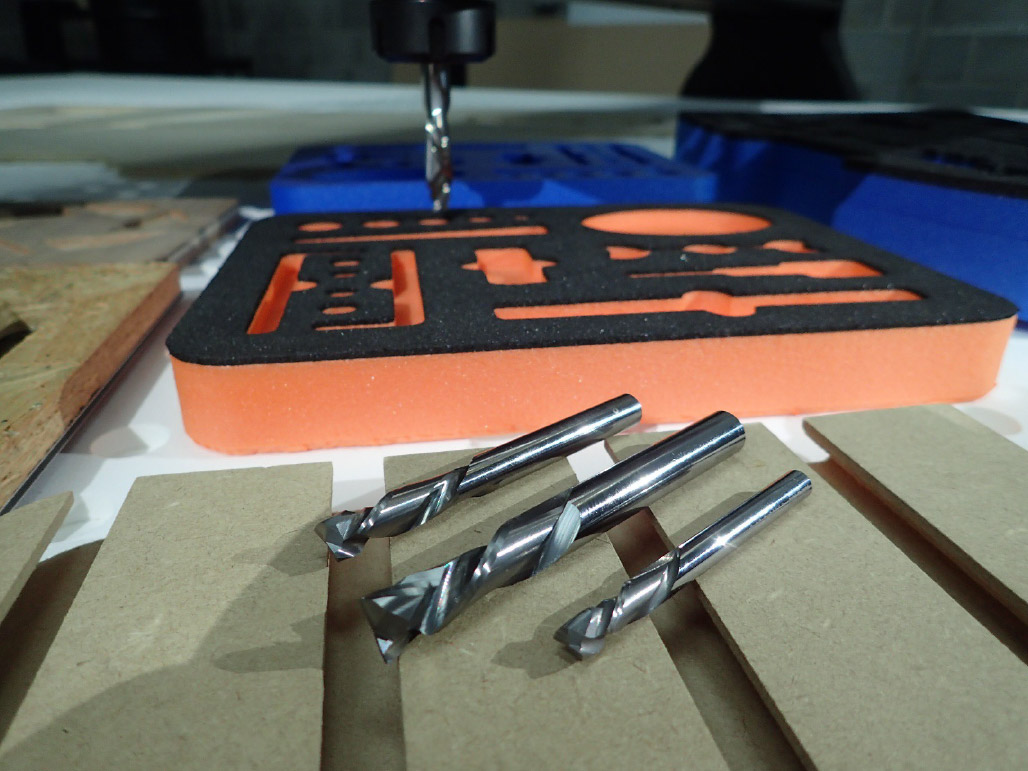
What is the cutting speed of a CNC router?
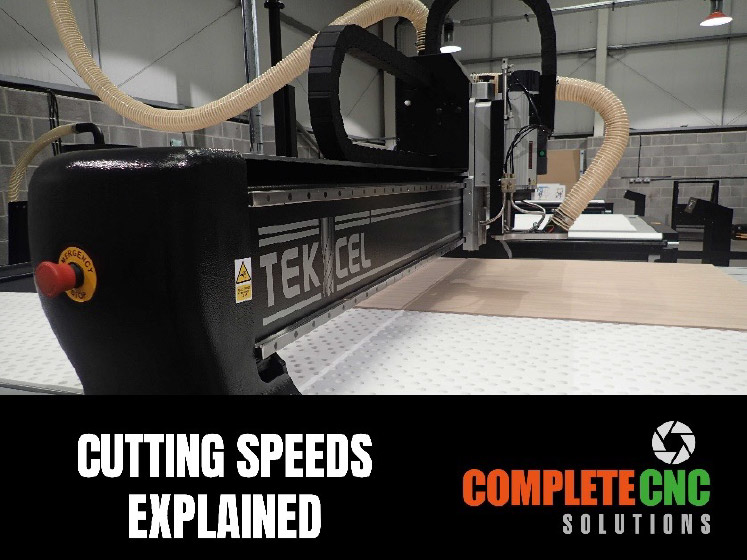
Unravelling the Mystery: Common themes overlooked with CNC Routers
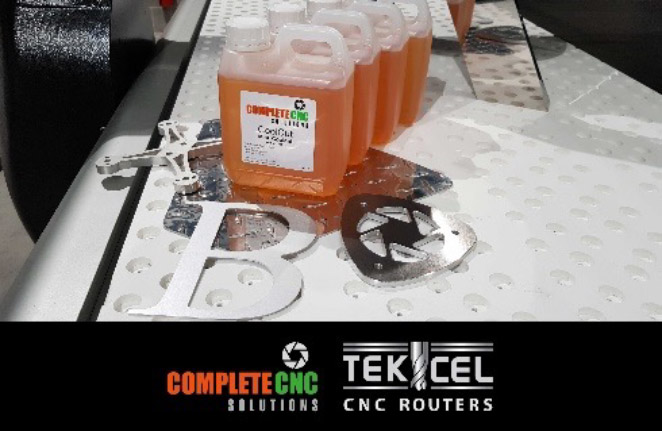
CNC Router Maintenance Guide for Longevity and Efficiency
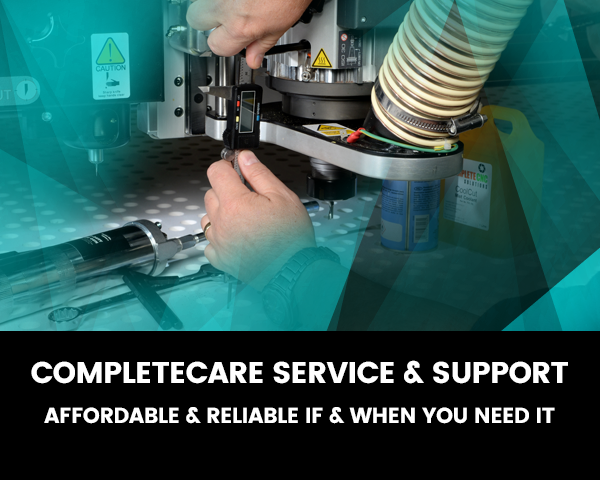
Tekcel Graphical User Interface
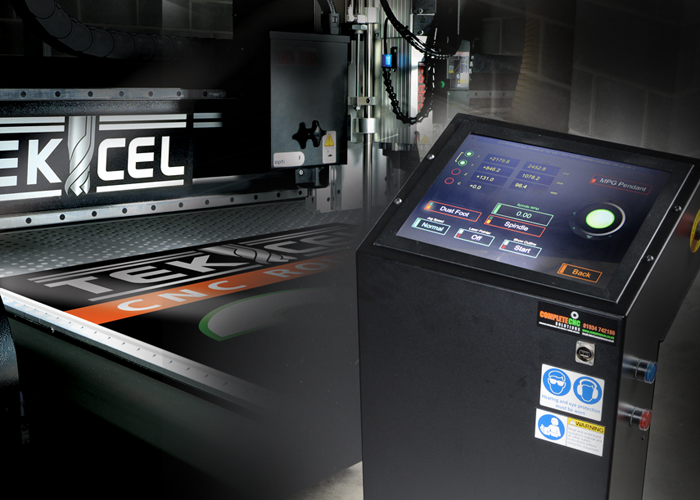
Unlock the World of Carving with CNC Routers!
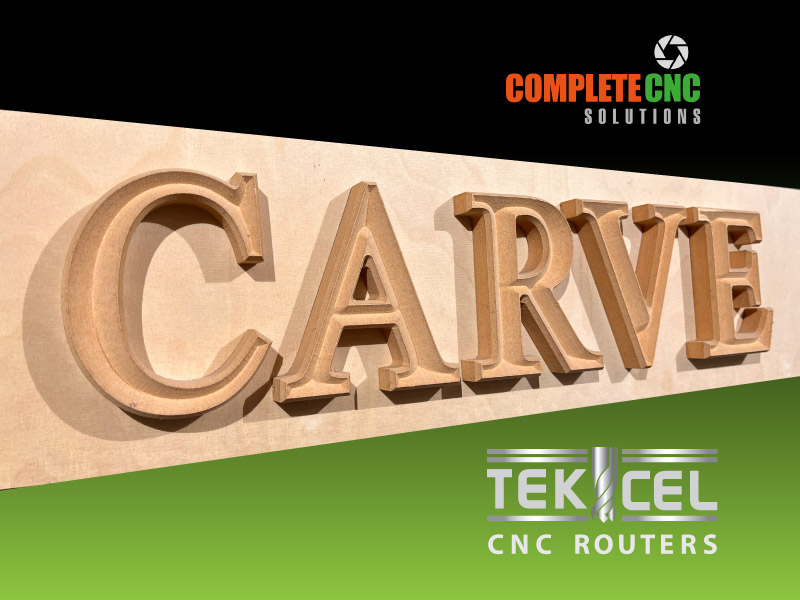
Can a CNC Router Carve Intricate Details? Yes!
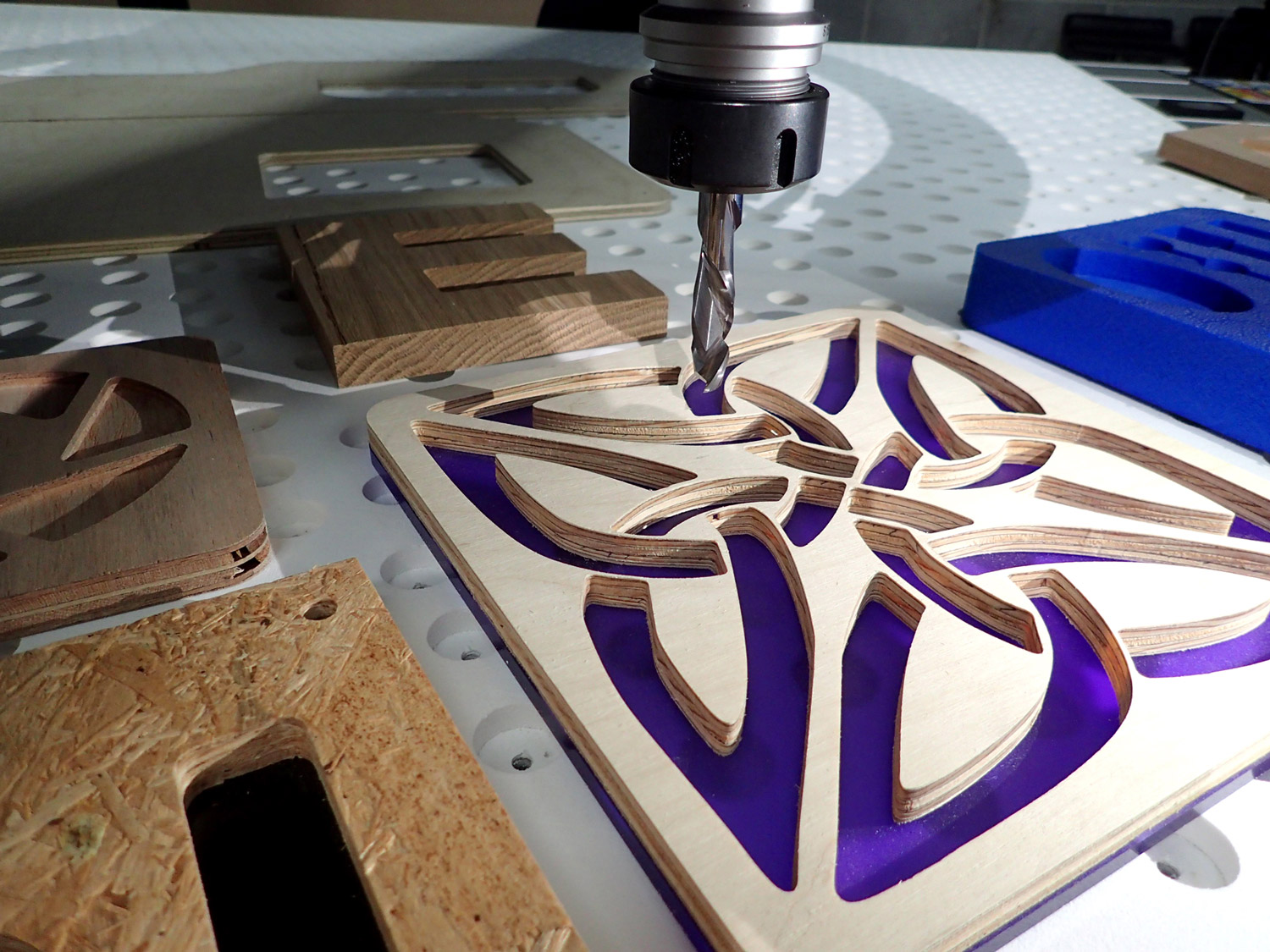
How a Tekcel CNC machine can provide value for your business
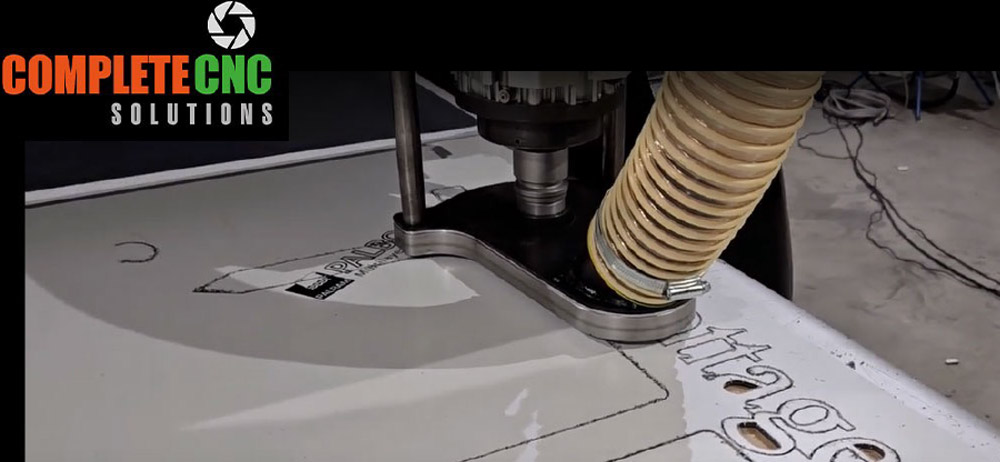
Elevating Point of Sale Production with CNC Machines
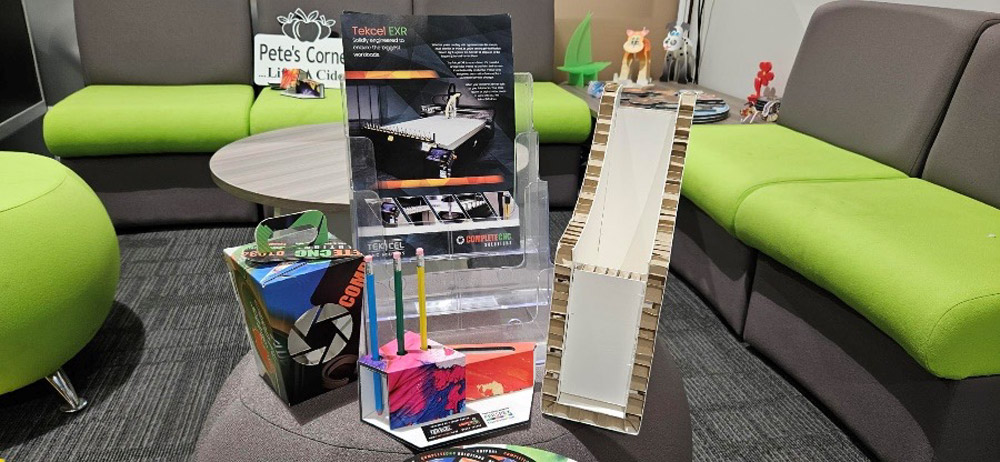
Why Sign Makers are Upgrading to CNC Cutting Machines
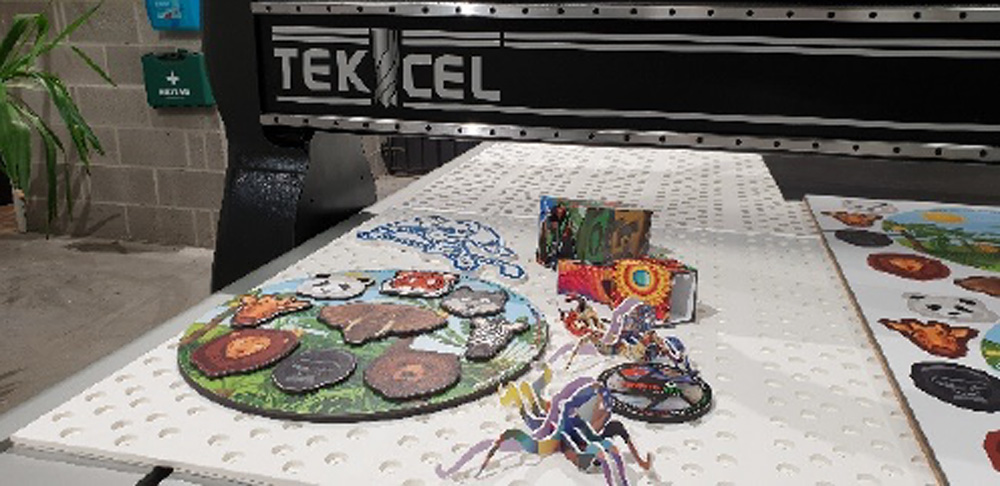
Hibernating Your CNC System During Lockdown.
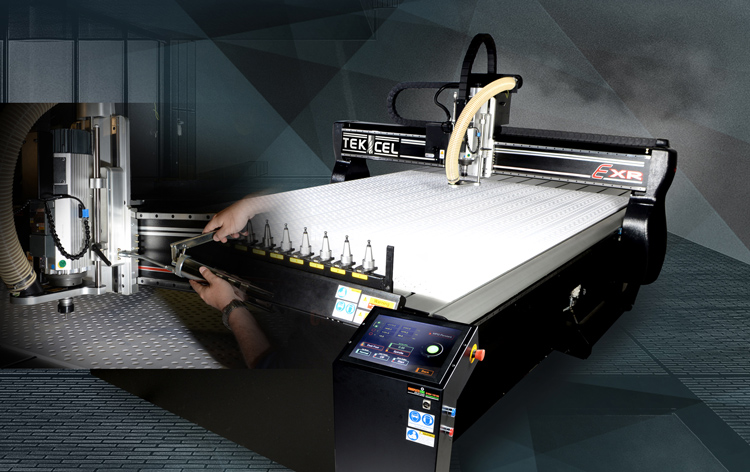
START BIG. GET BIGGER.
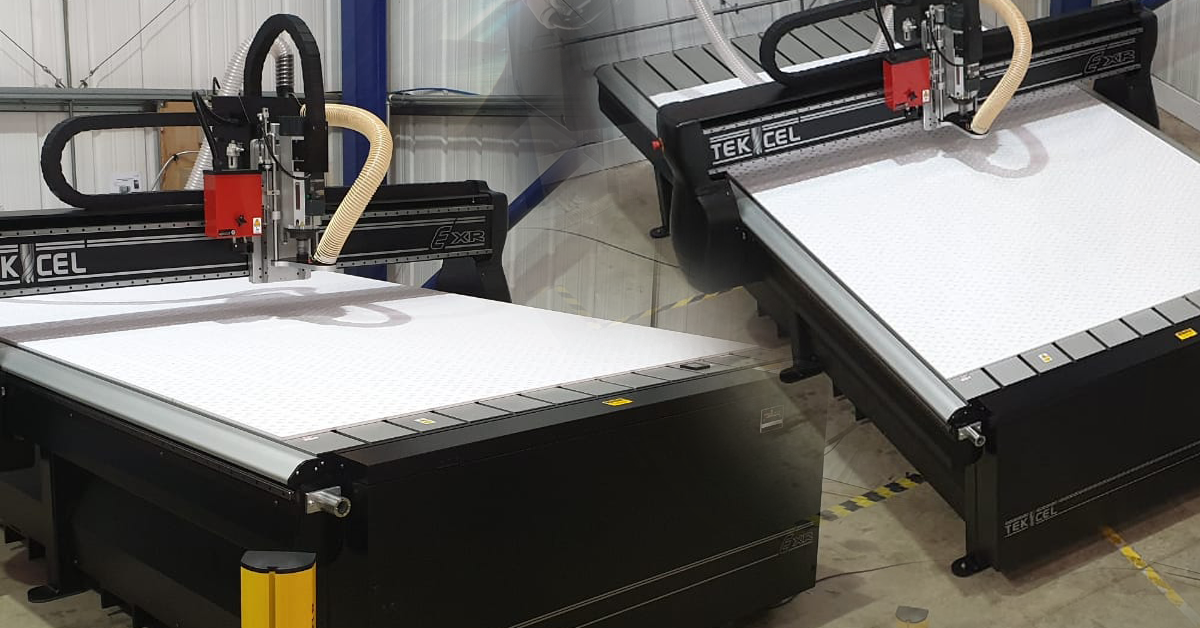
START WITH THE FINISH. FINISH WITH A PROFIT.
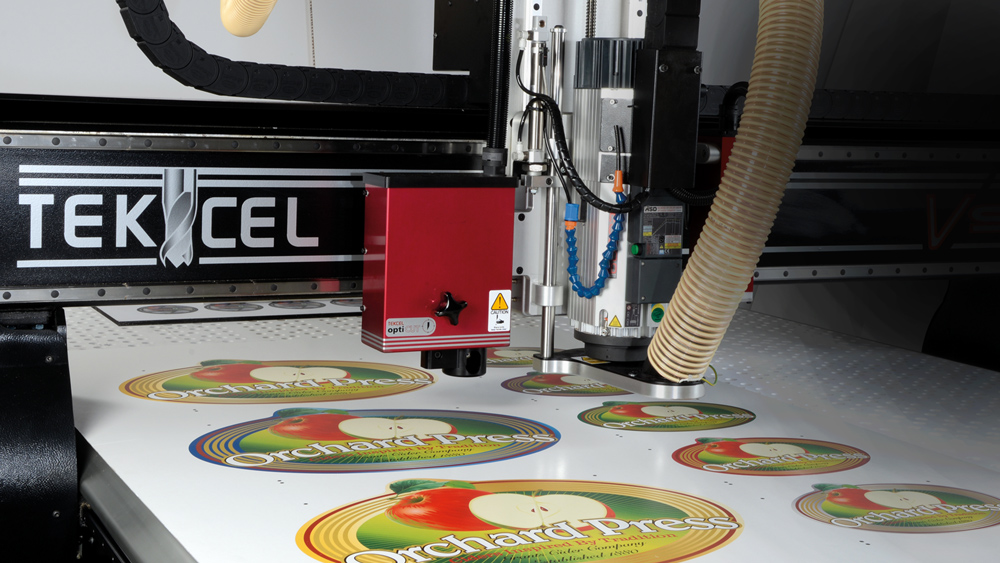
HEAVY METAL. LIGHT WORK.
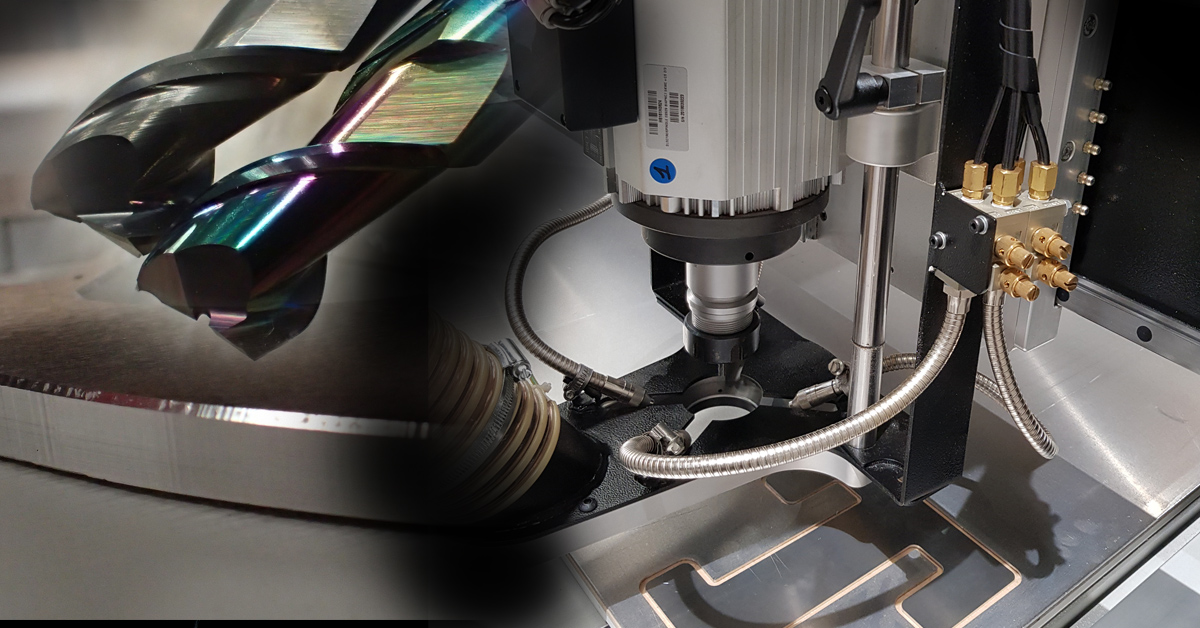
MAKE MORE WITH CORREX

HOW SHOULD I APPROACH CUTTING OF SOLID SURFACE MATERIALS, CORIAN, AVONITE, THAT KIND OF THING?
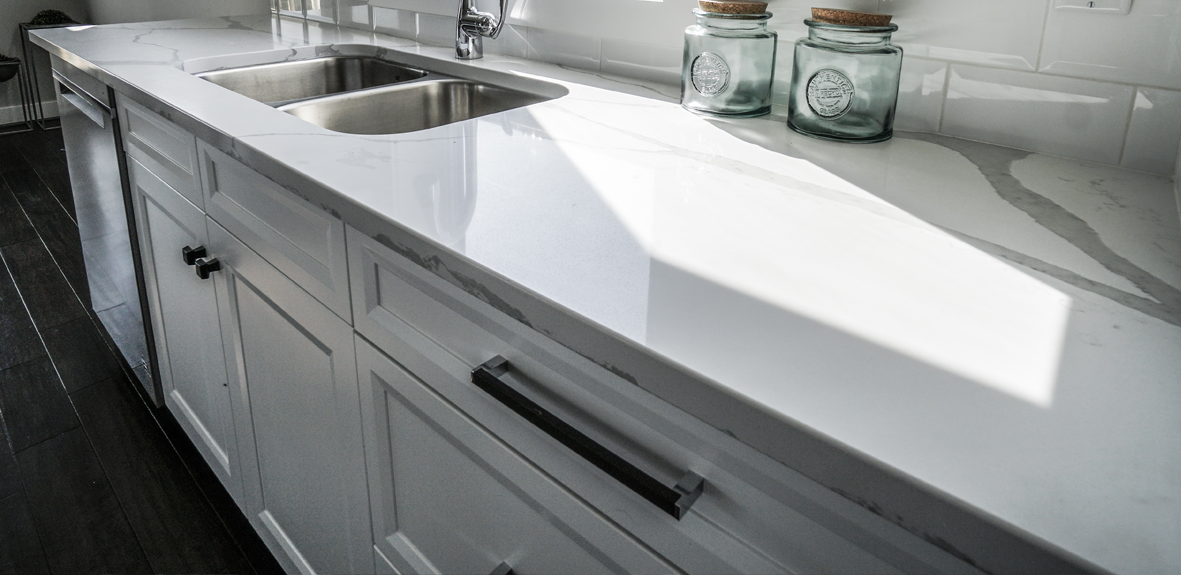
Achieving good results when you’re routing Woods, MDF, Laminates or Ply
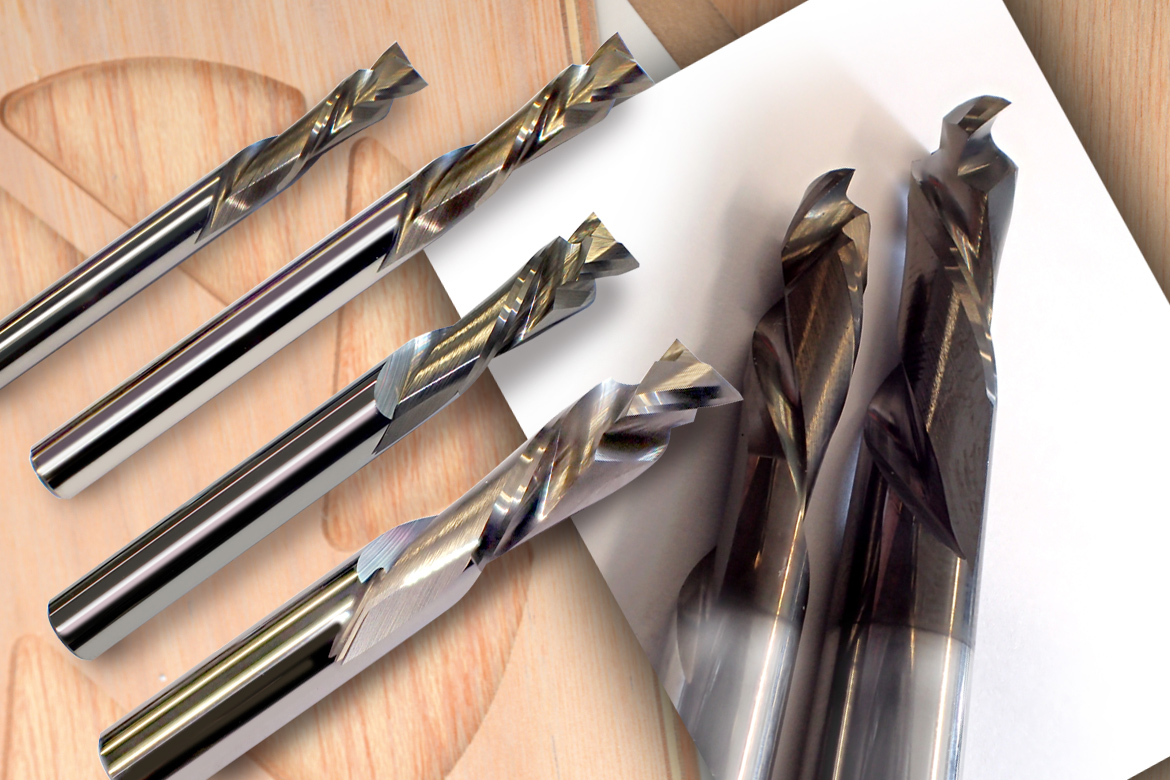
HOW DO I GET THE BEST RESULTS POSSIBLE WHEN I’M CUTTING ACM ON MY CNC ROUTER?

HOW CAN I GROW MY SIGNAGE AND GRAPHICS BUSINESS?
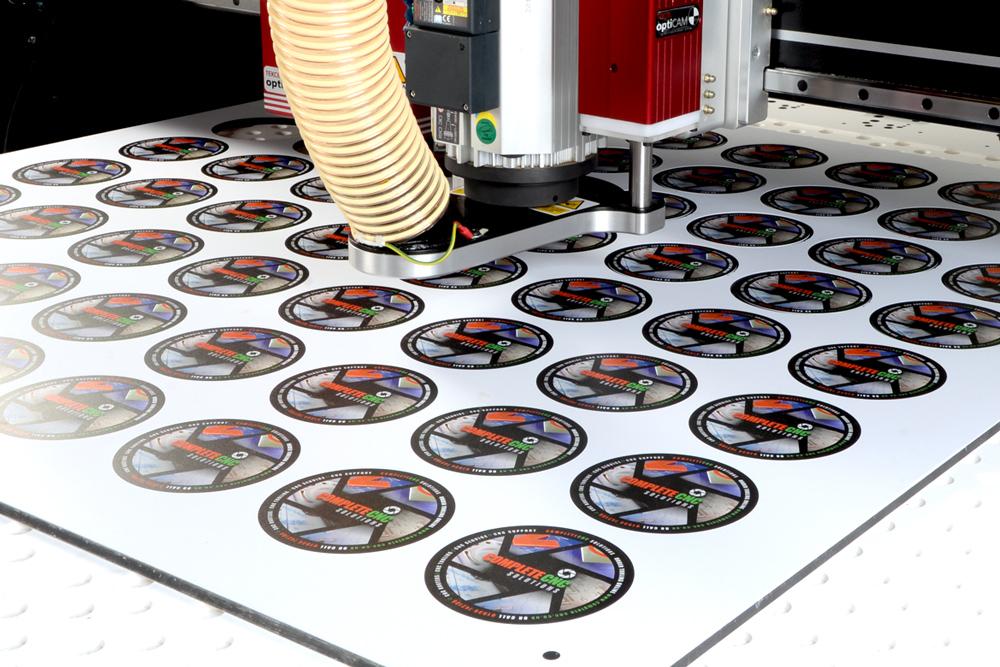
HOW CAN I REDUCE THE TIME I SPEND POLISHING THE EDGE ON THE OUTPUT FROM MY CNC ROUTER?
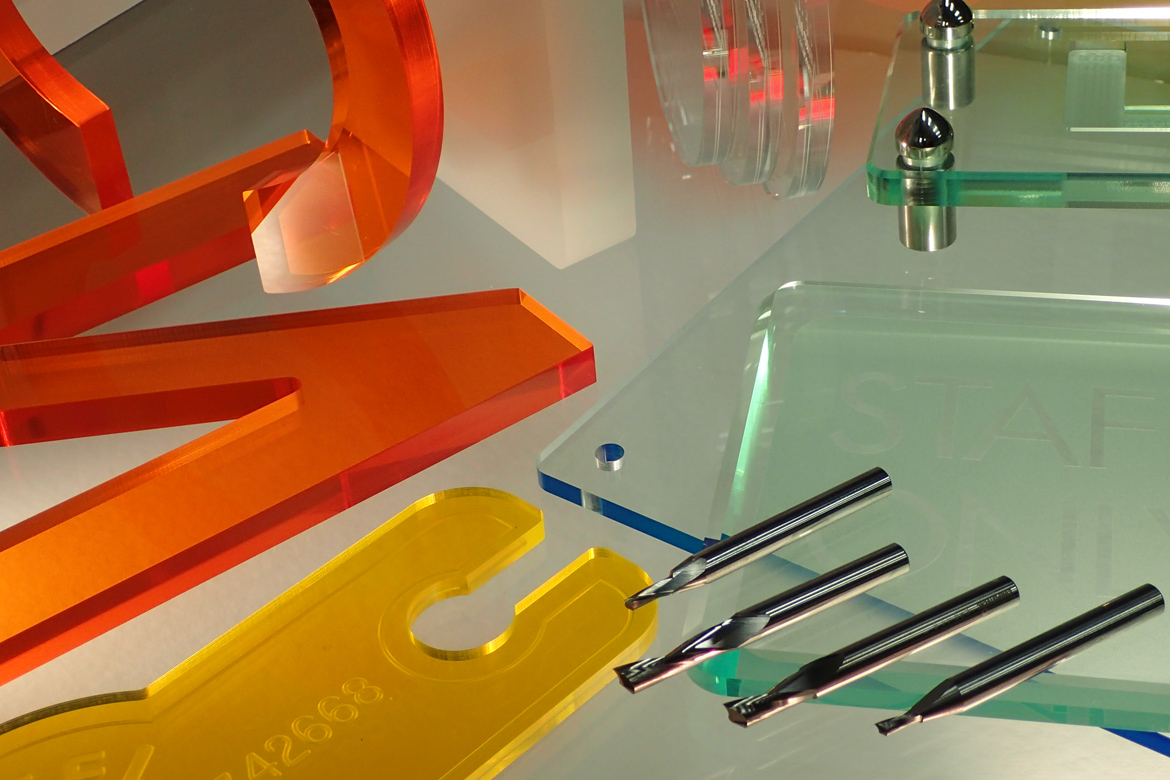
THE FLATTER THE BETTER
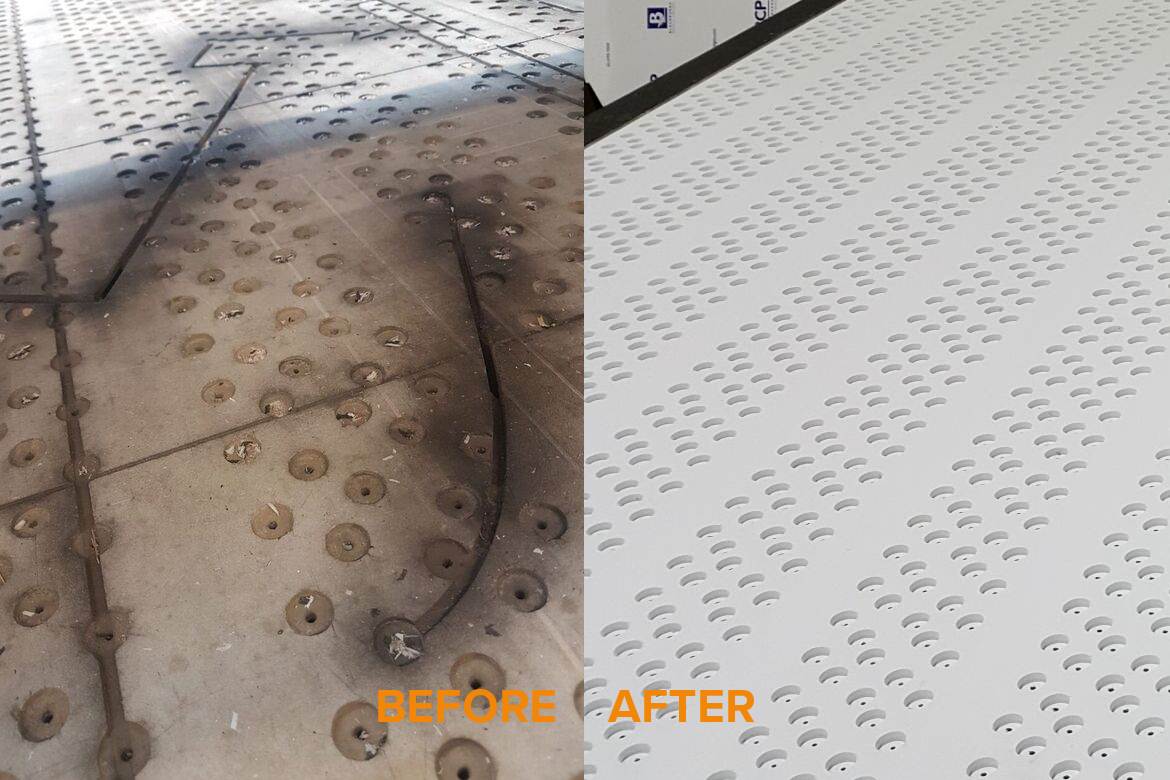
IS MY BUSINESS READY TO BUY A CNC ROUTER?

HEARD AT A TRADE SHOW
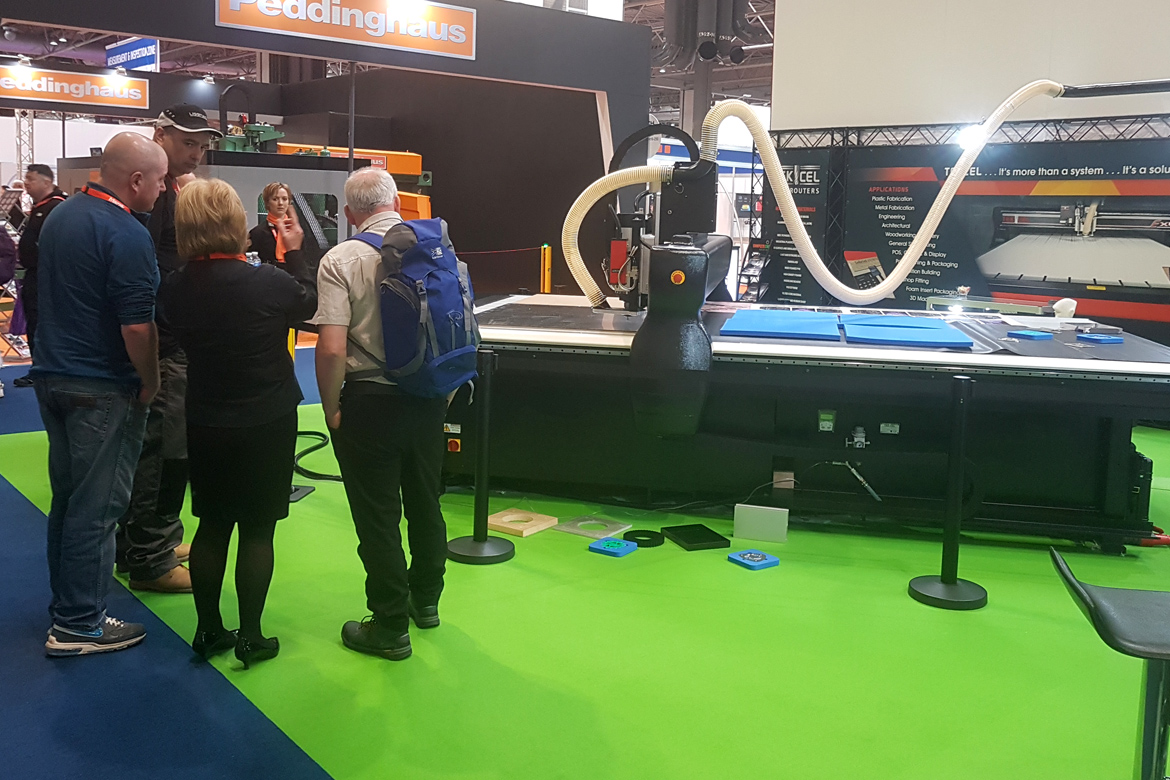
THE IMPORTANCE OF CHANGING CNC ROUTER COLLETS REGULARLY
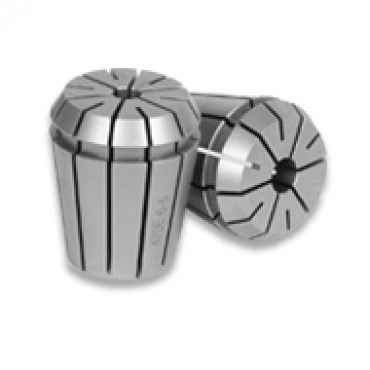
WITH YOU ALL THE WAY
